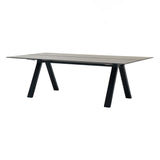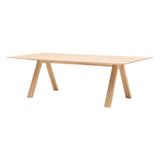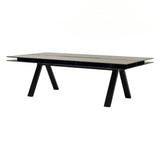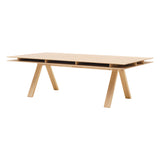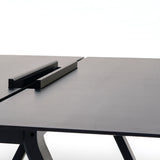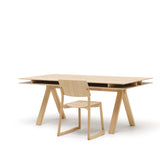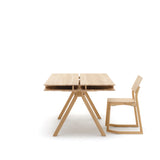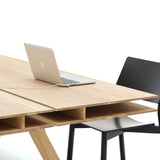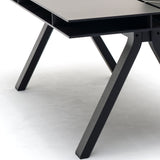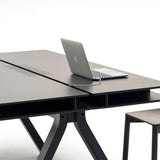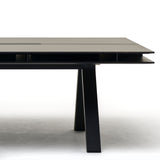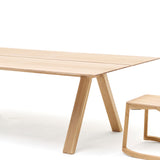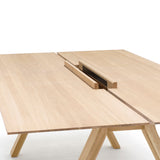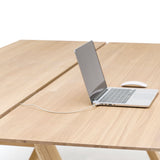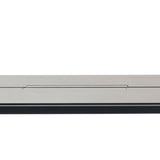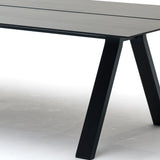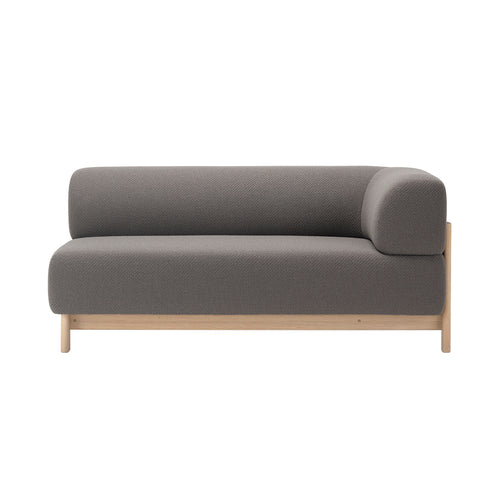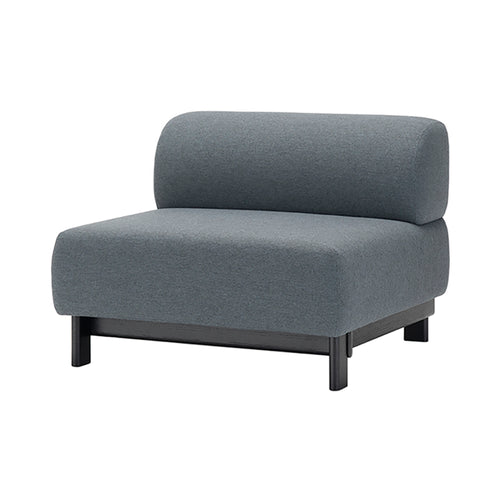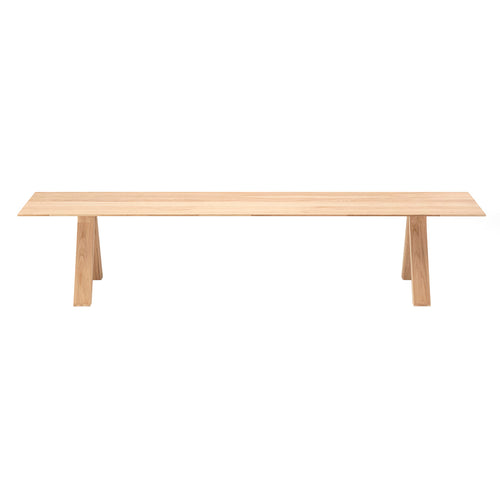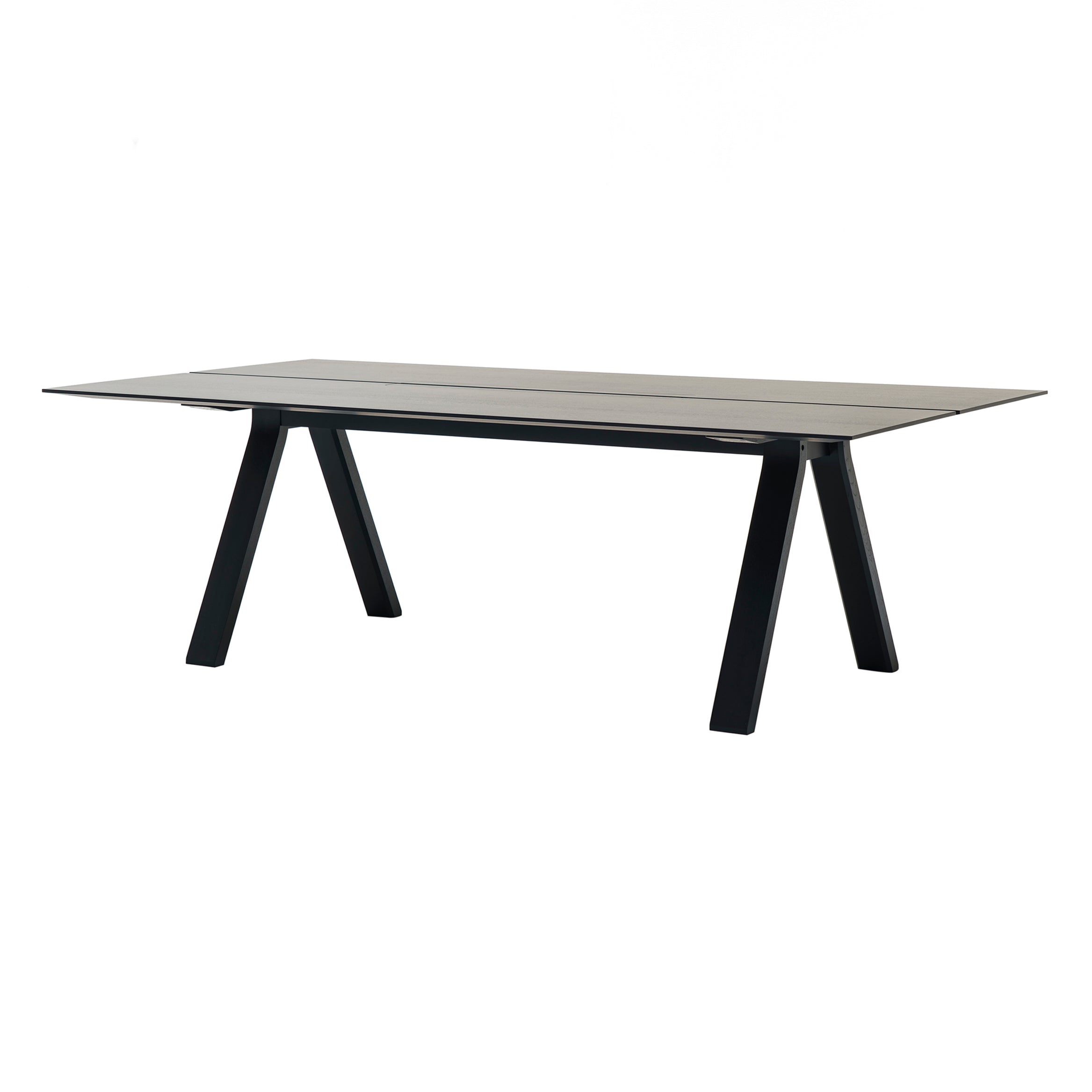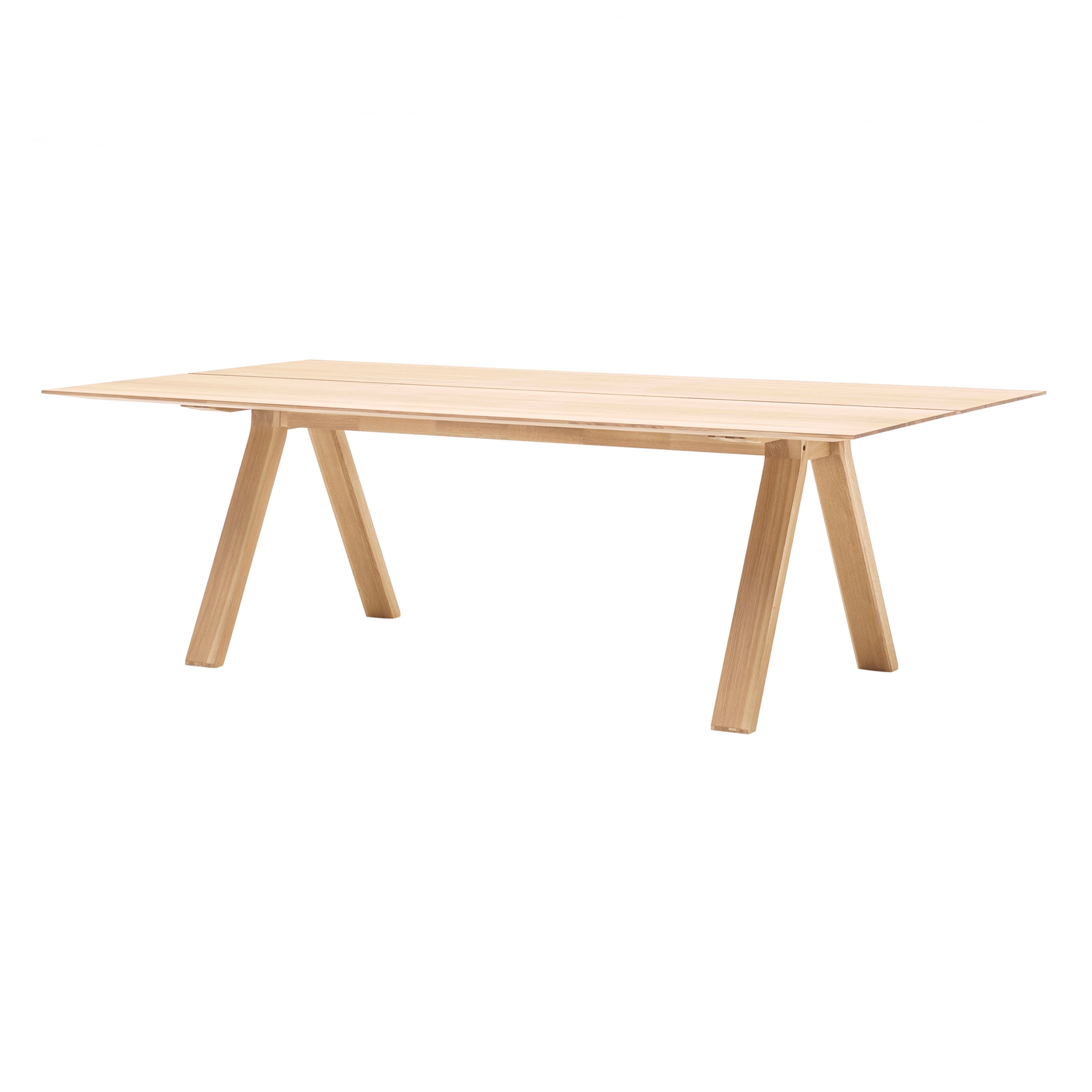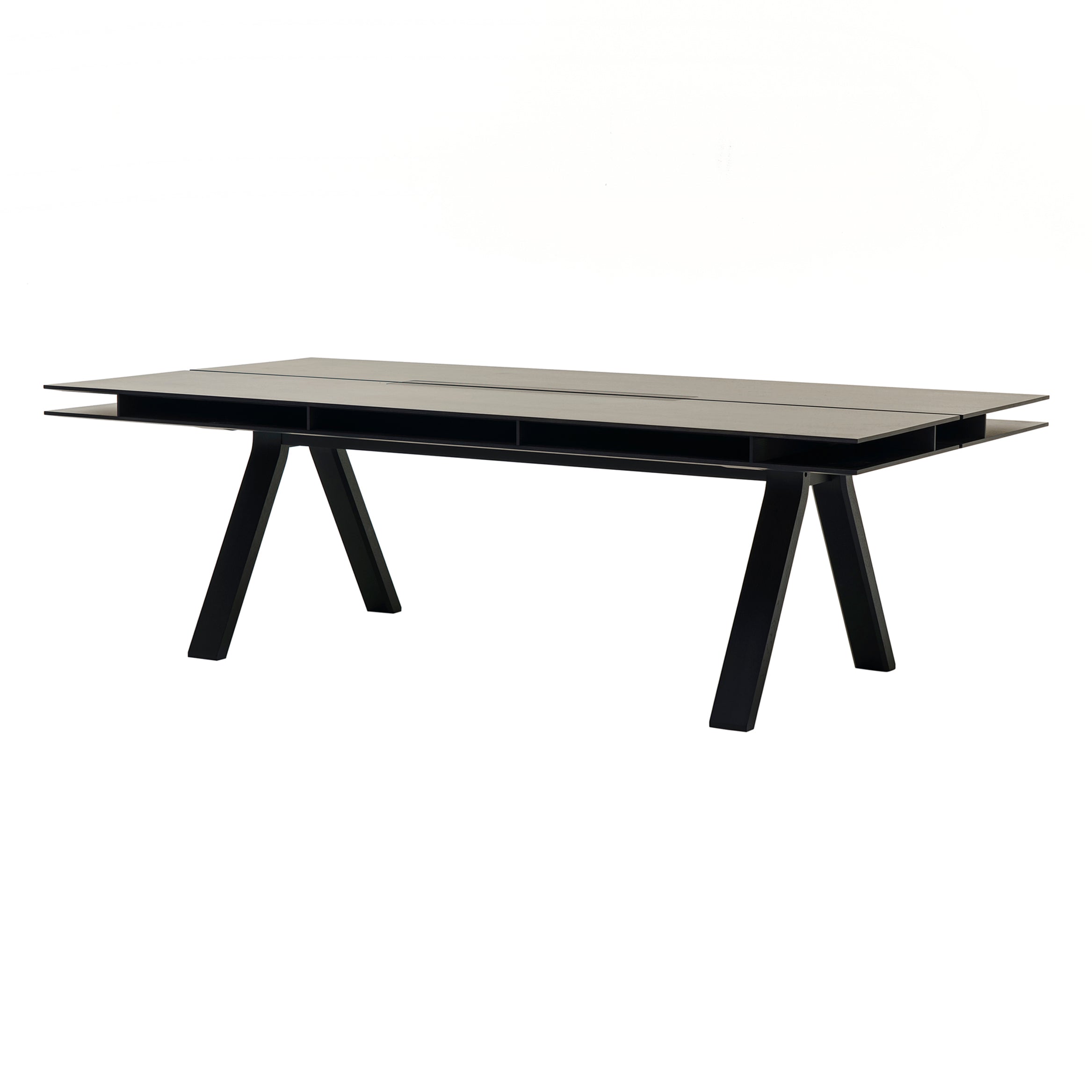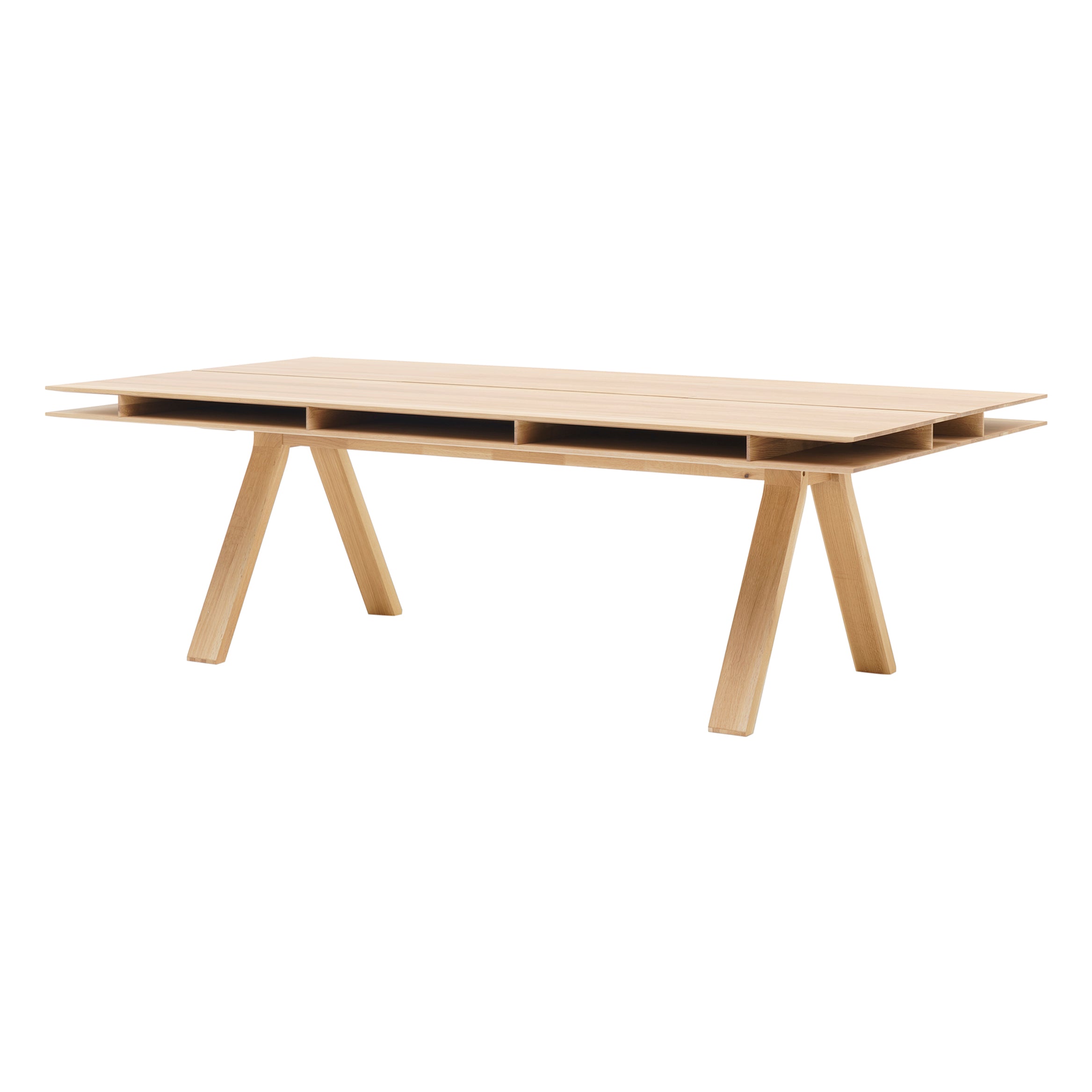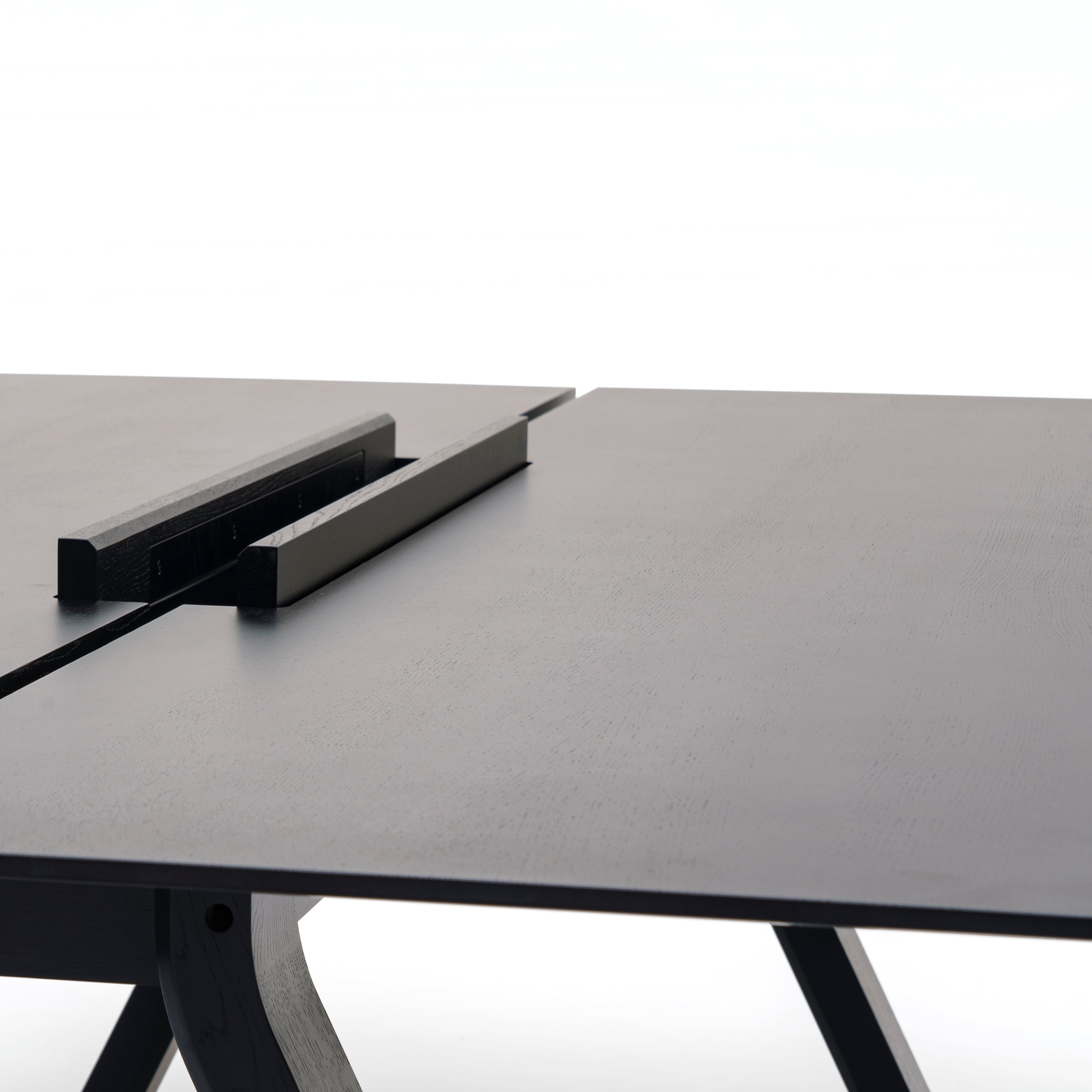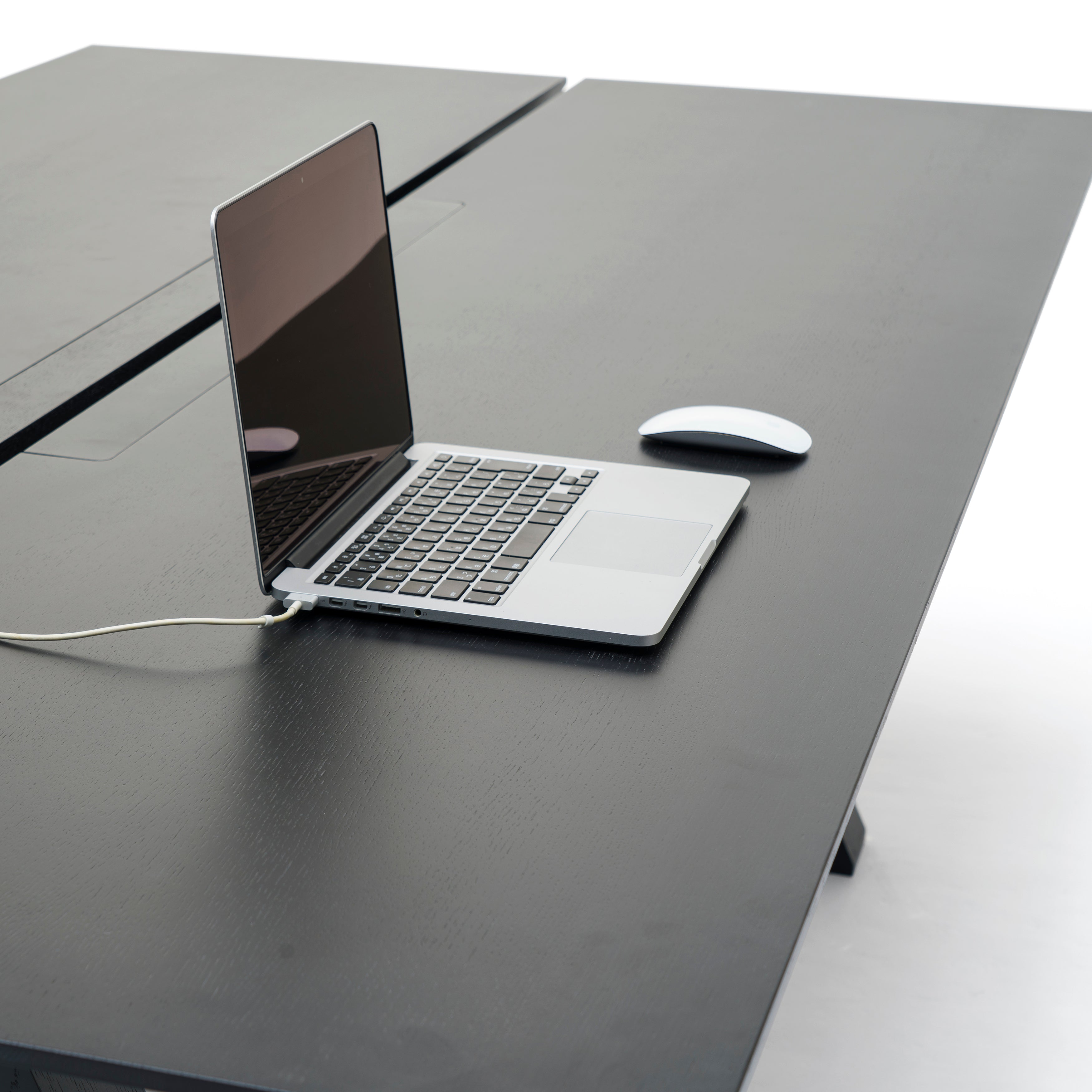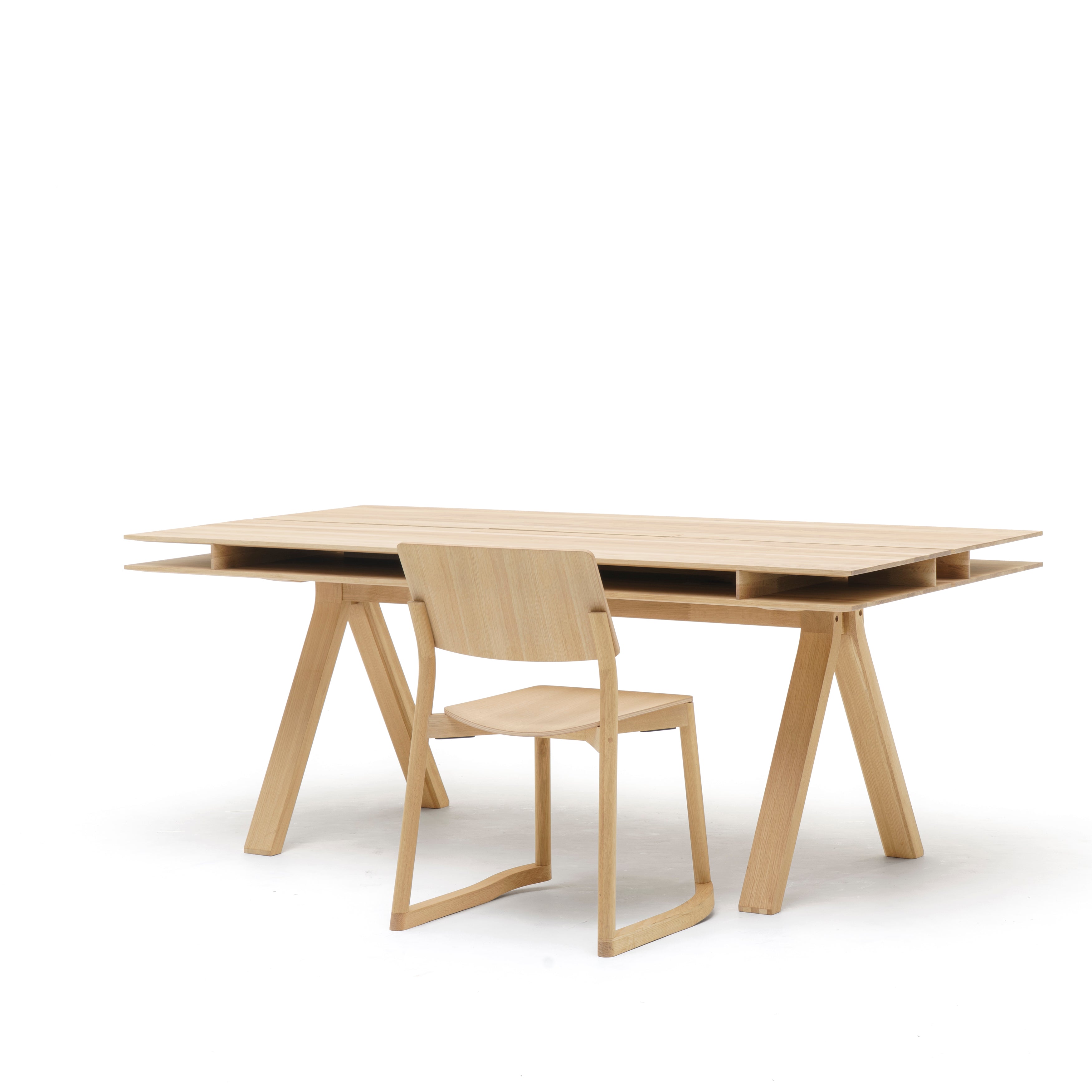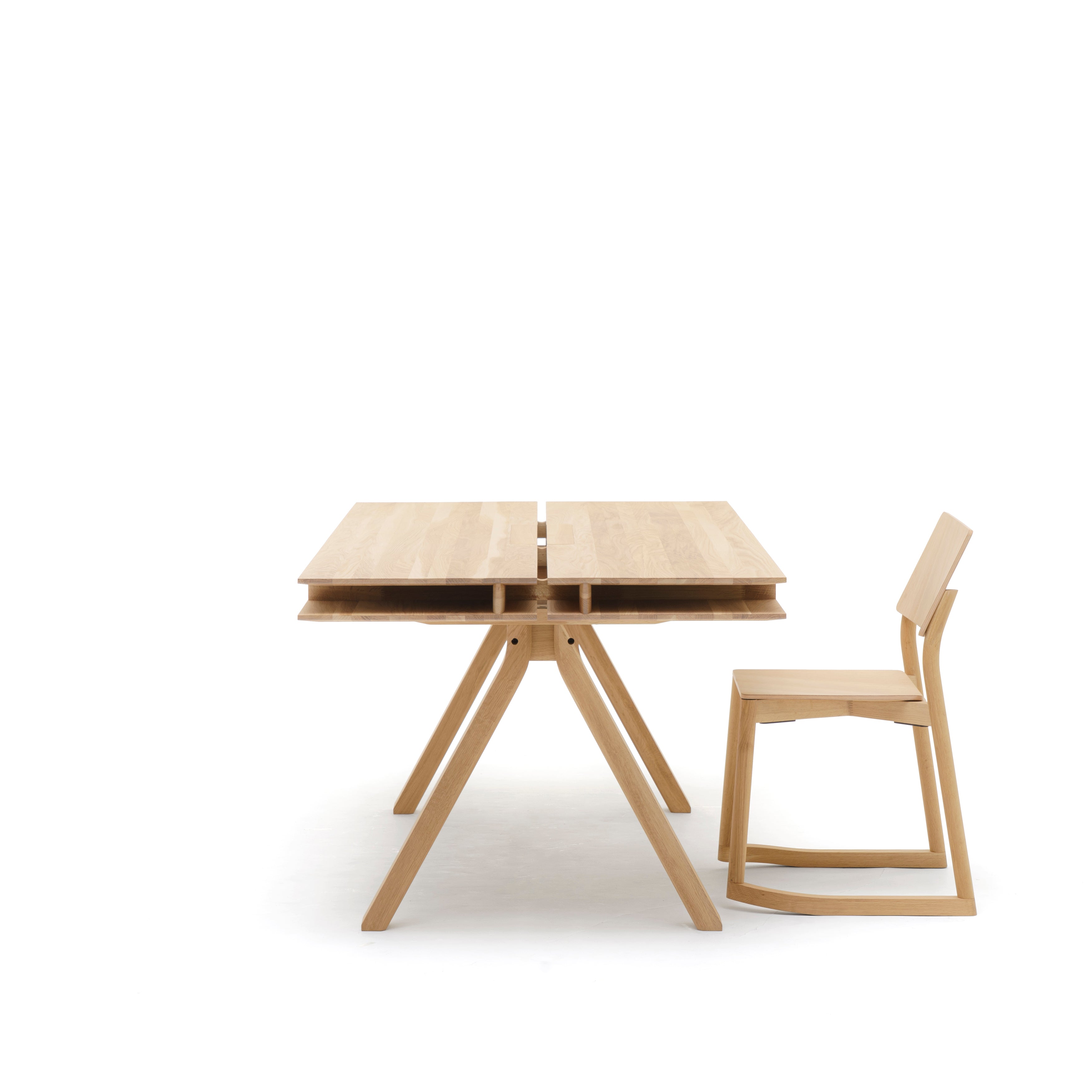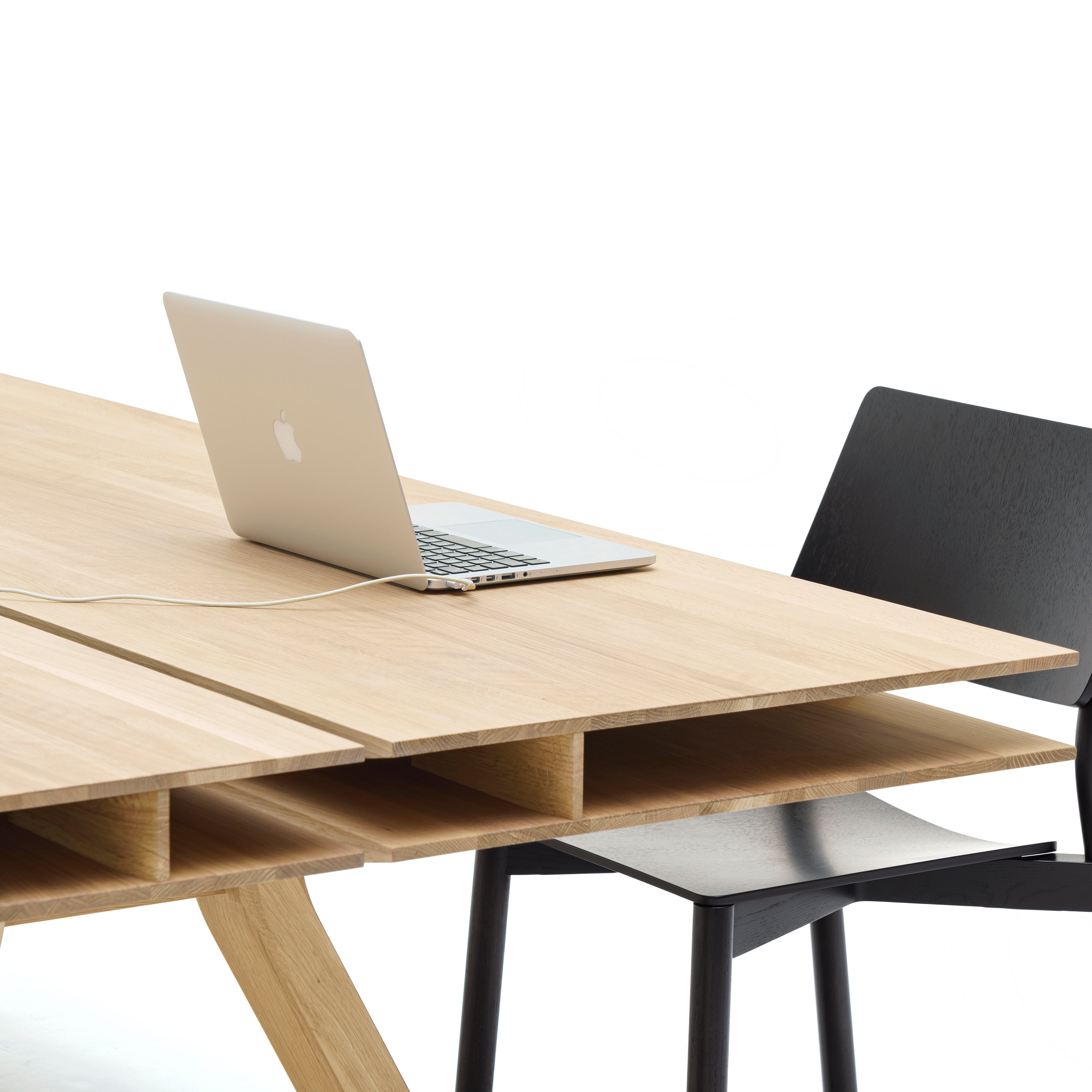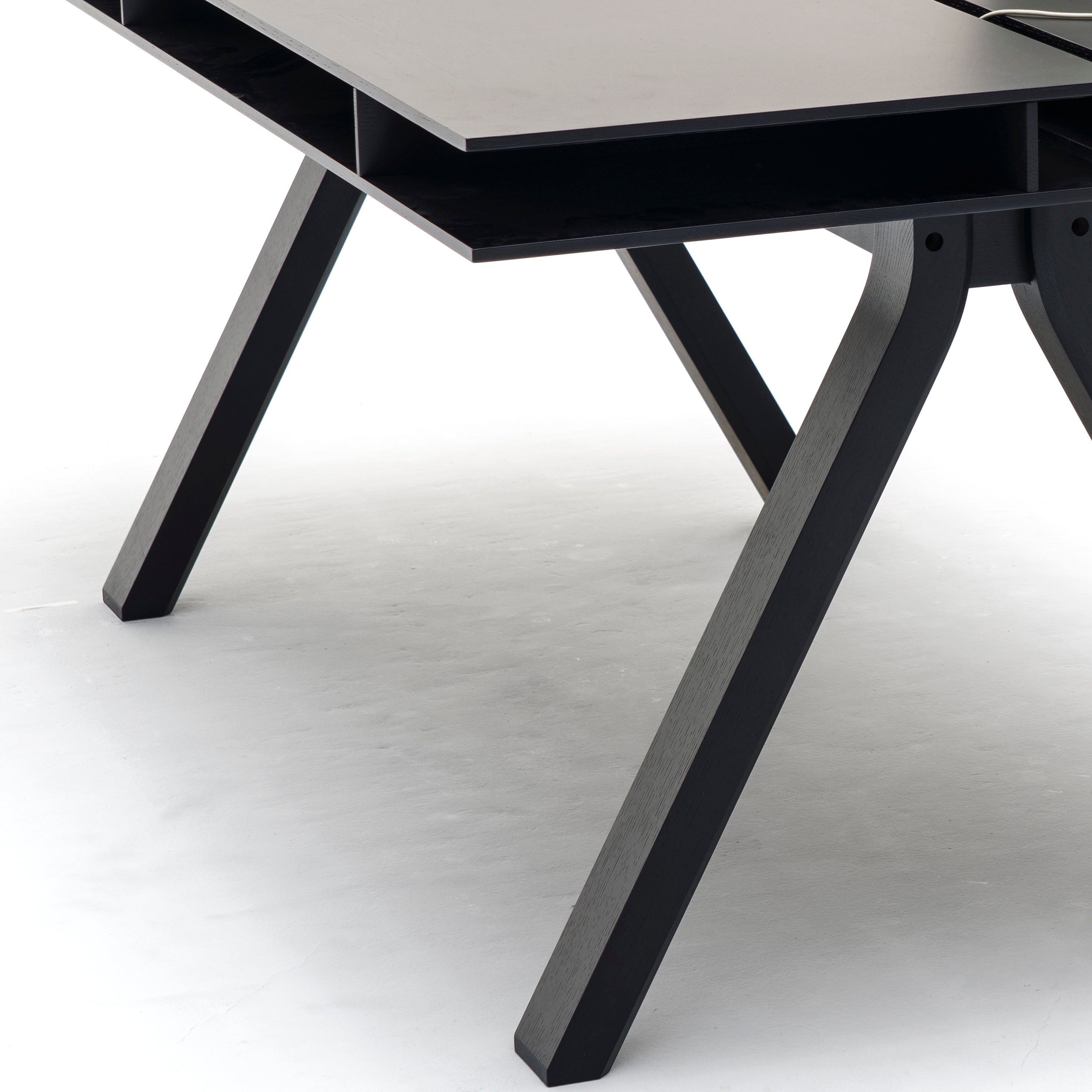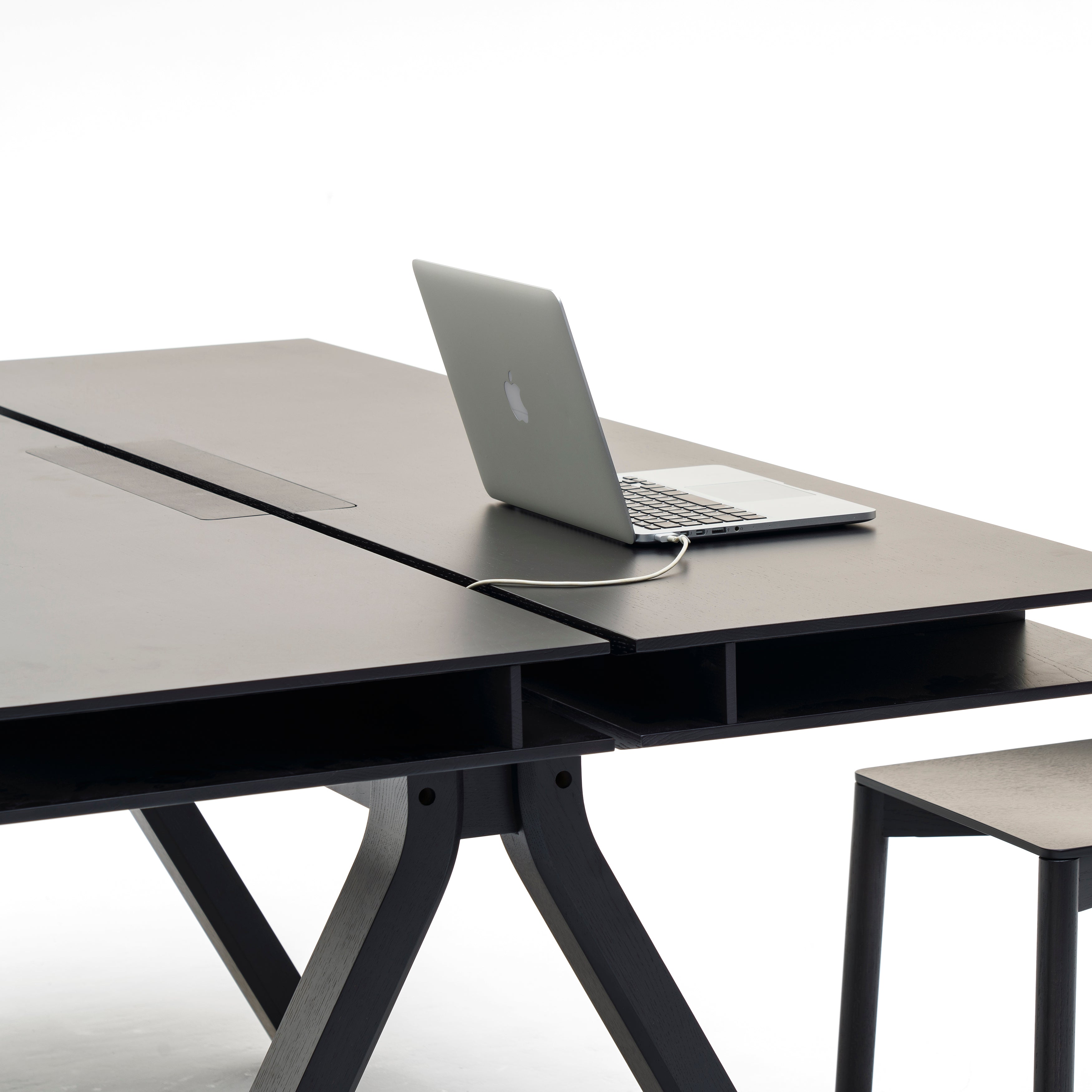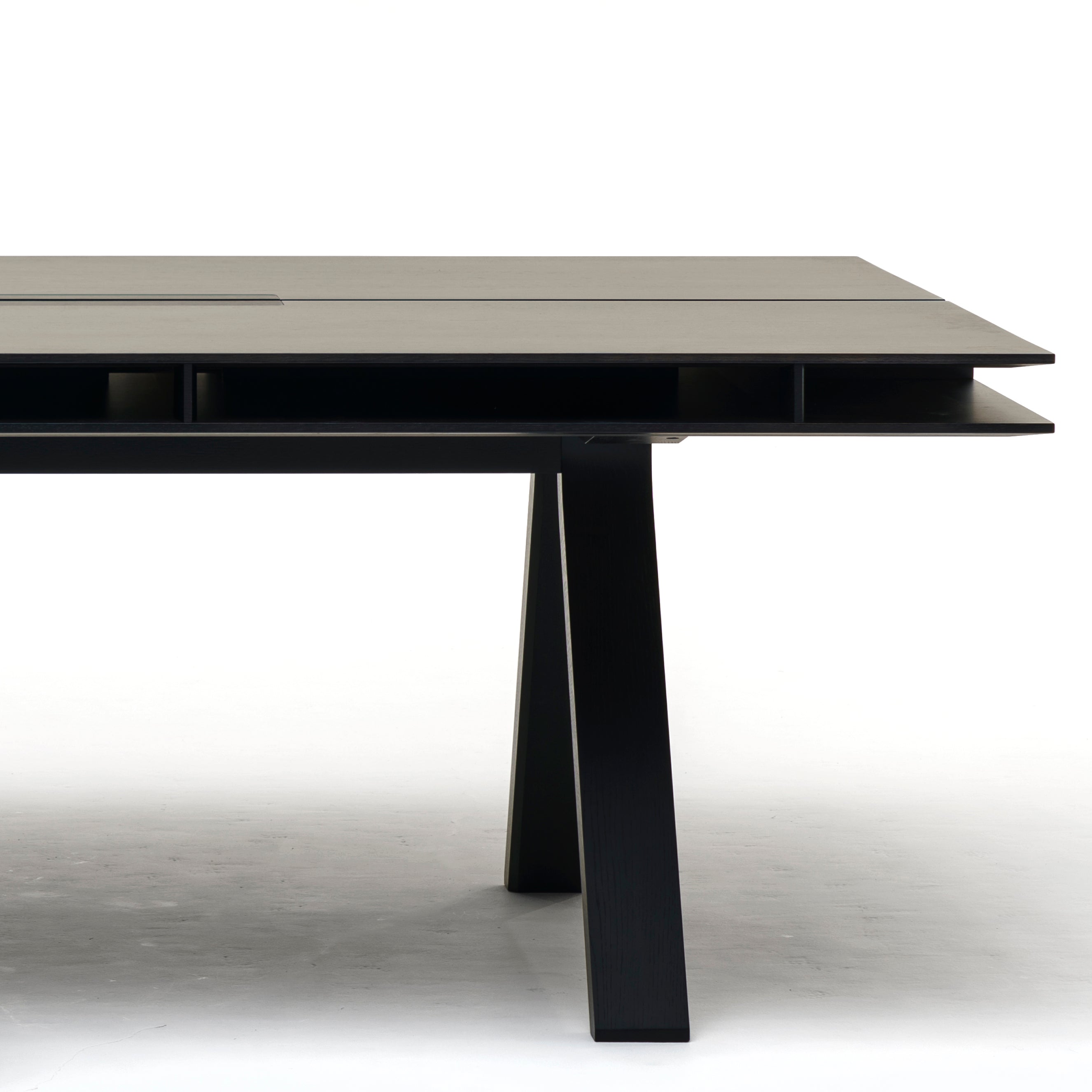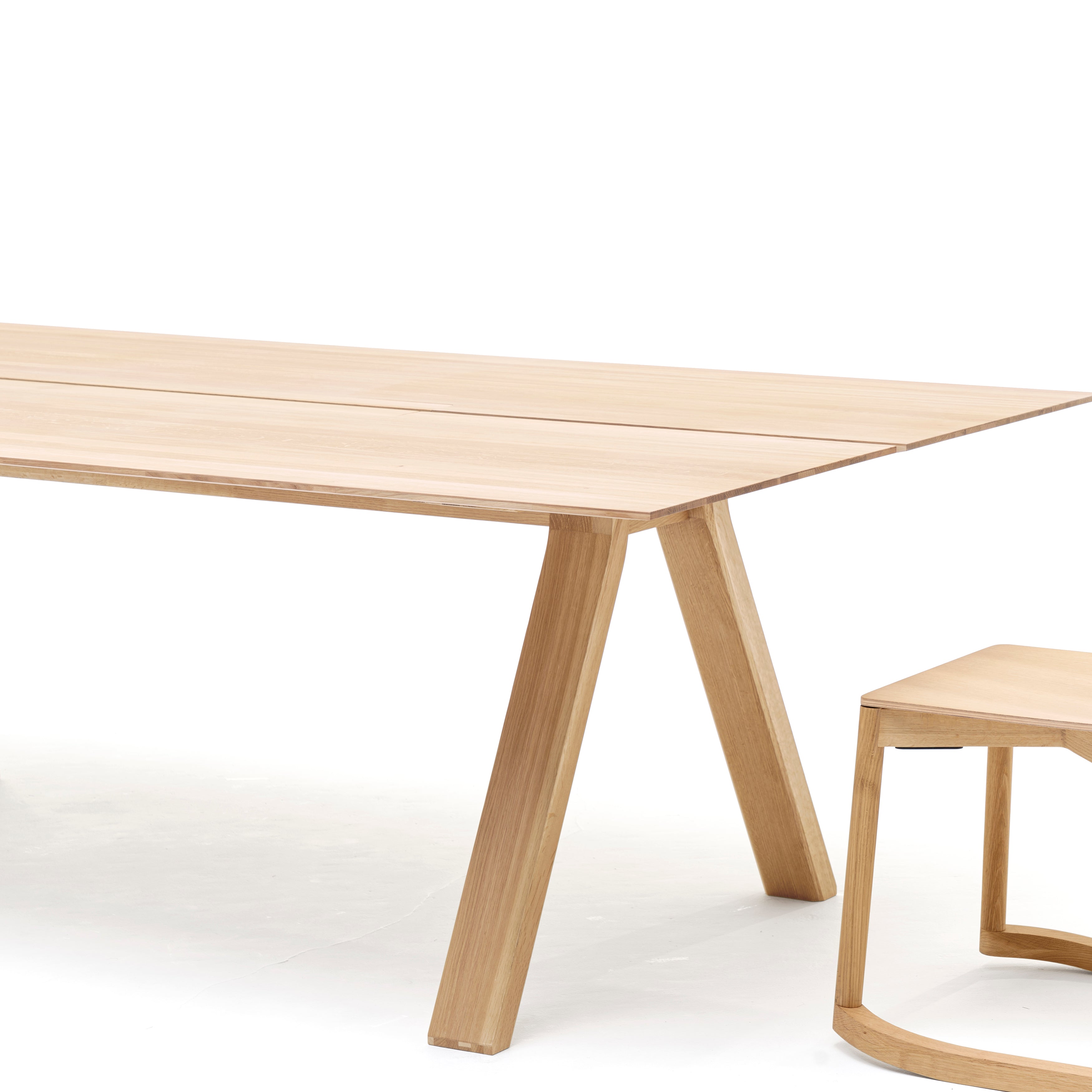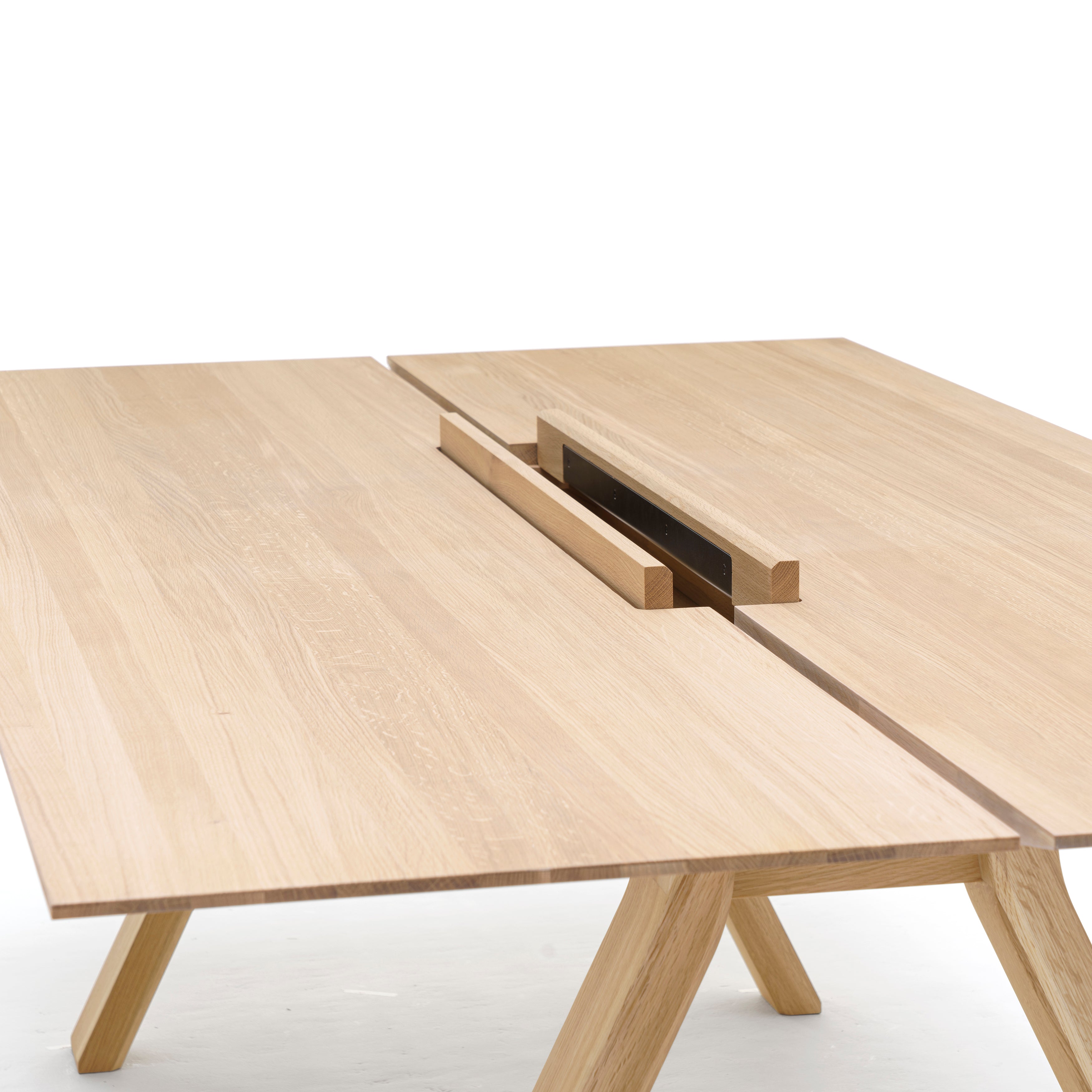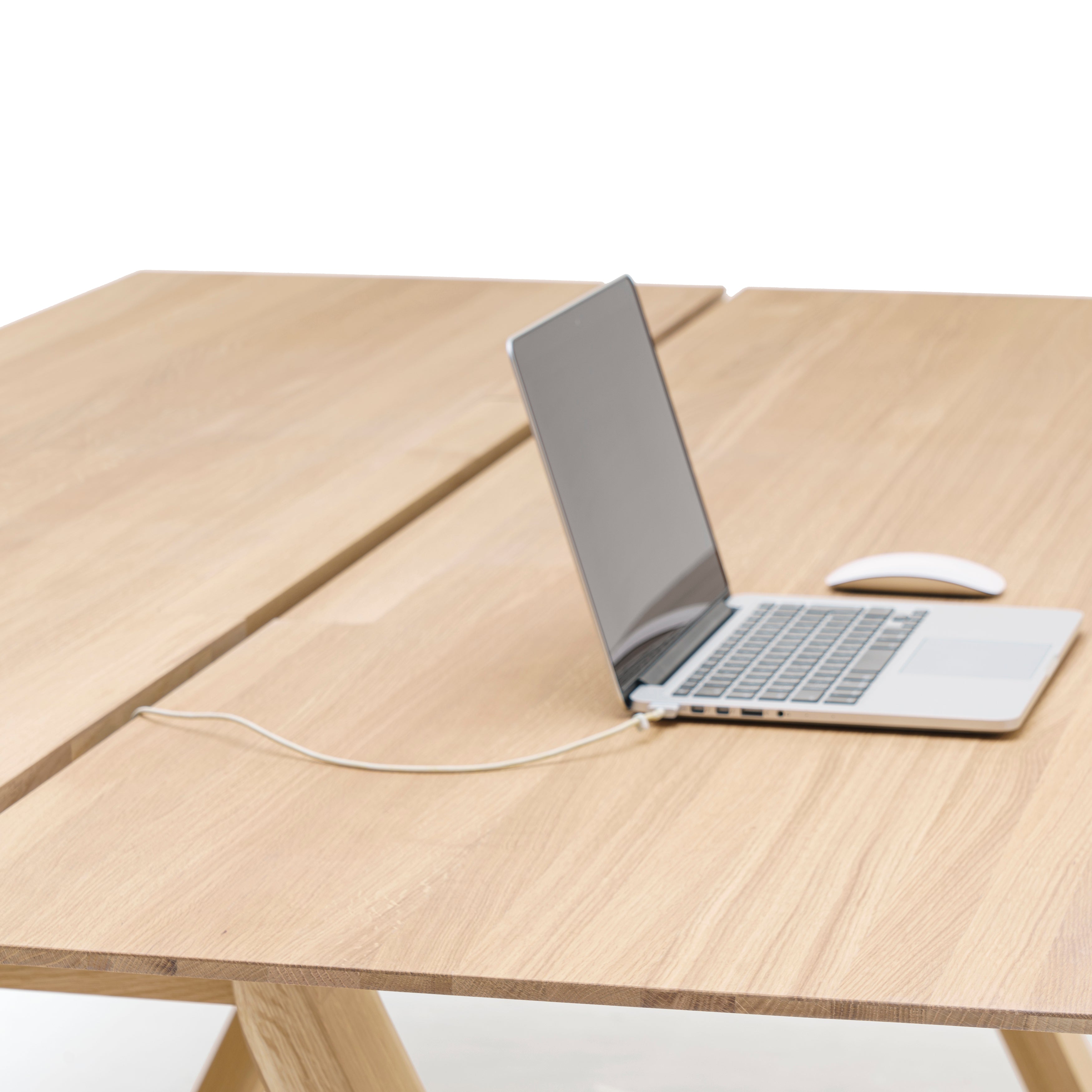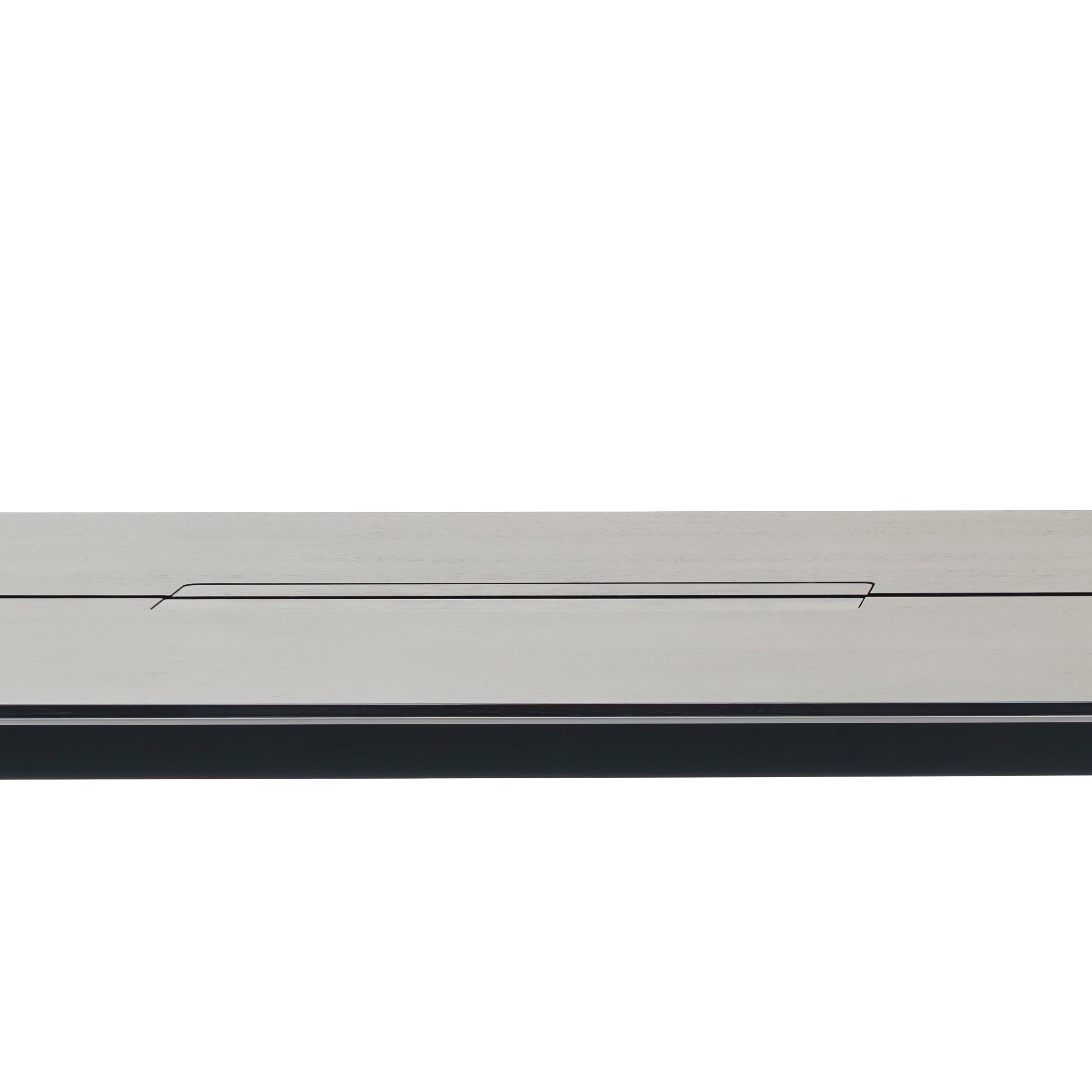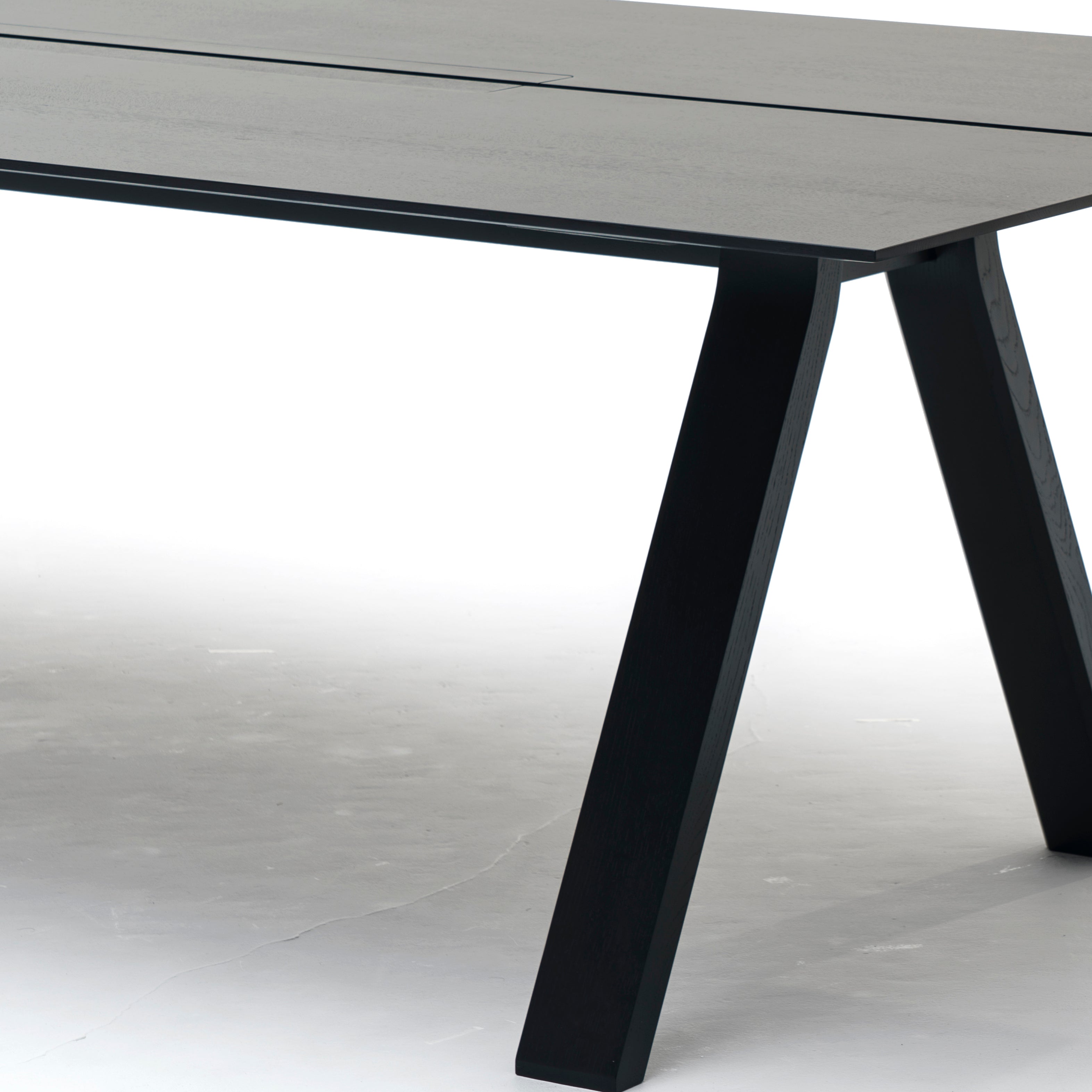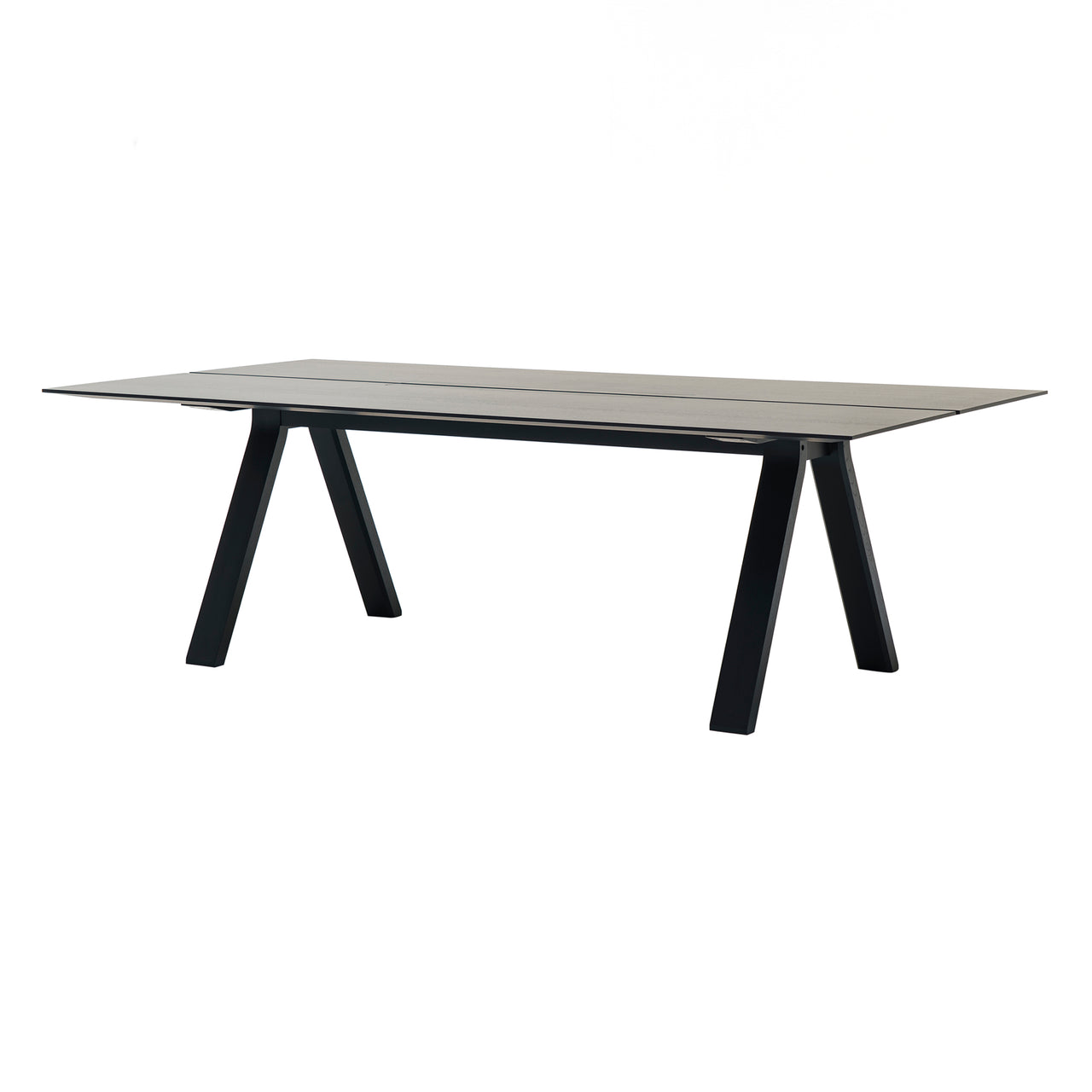
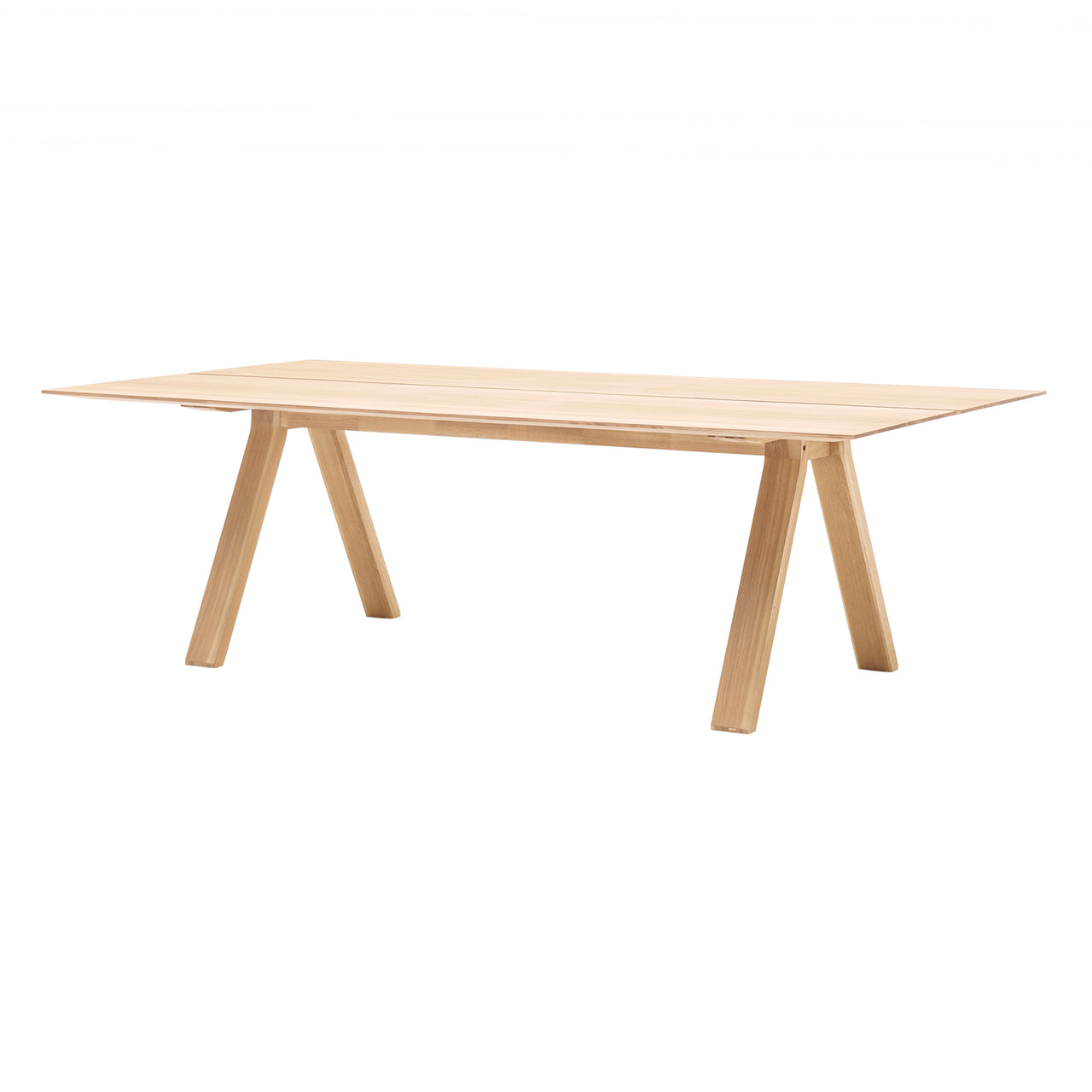
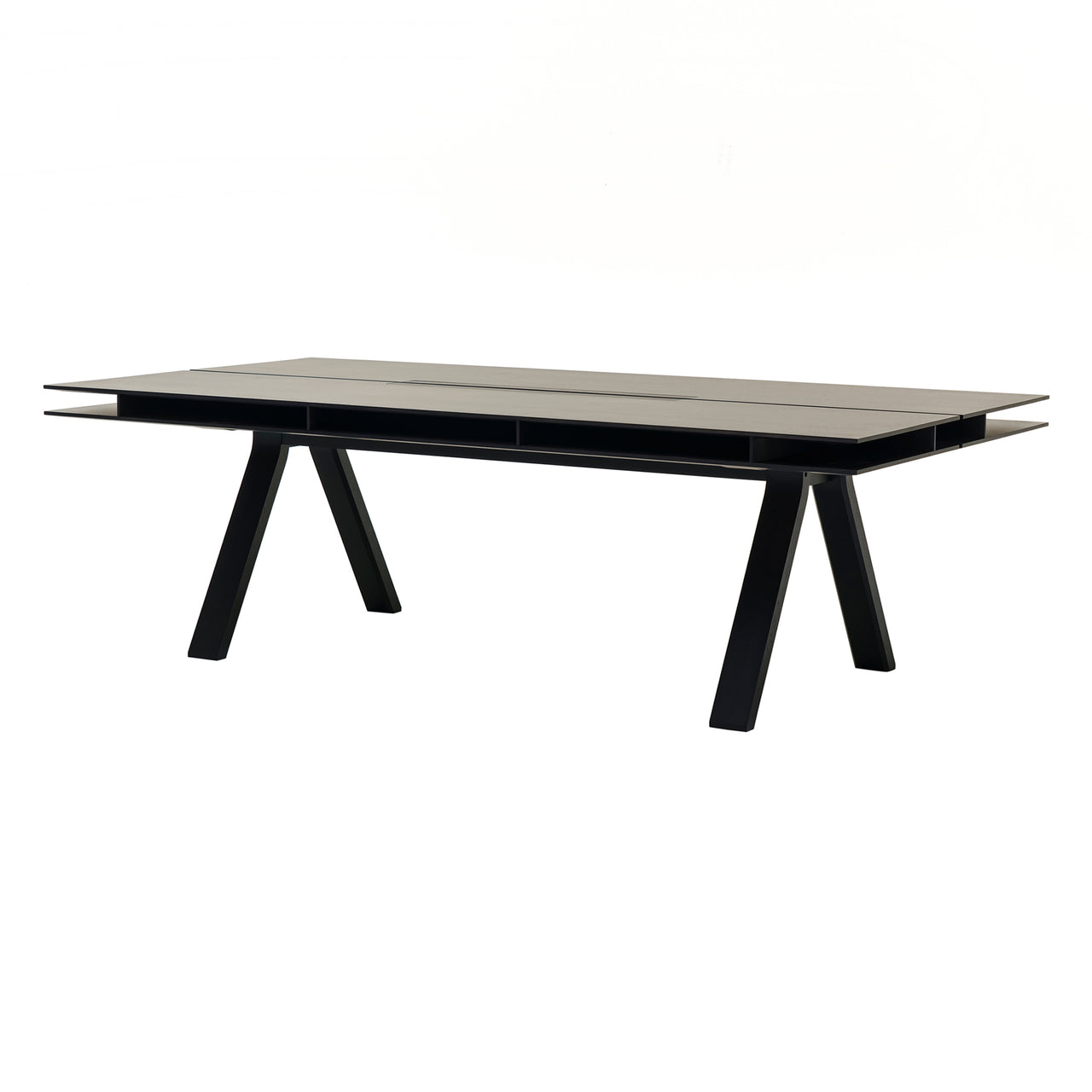
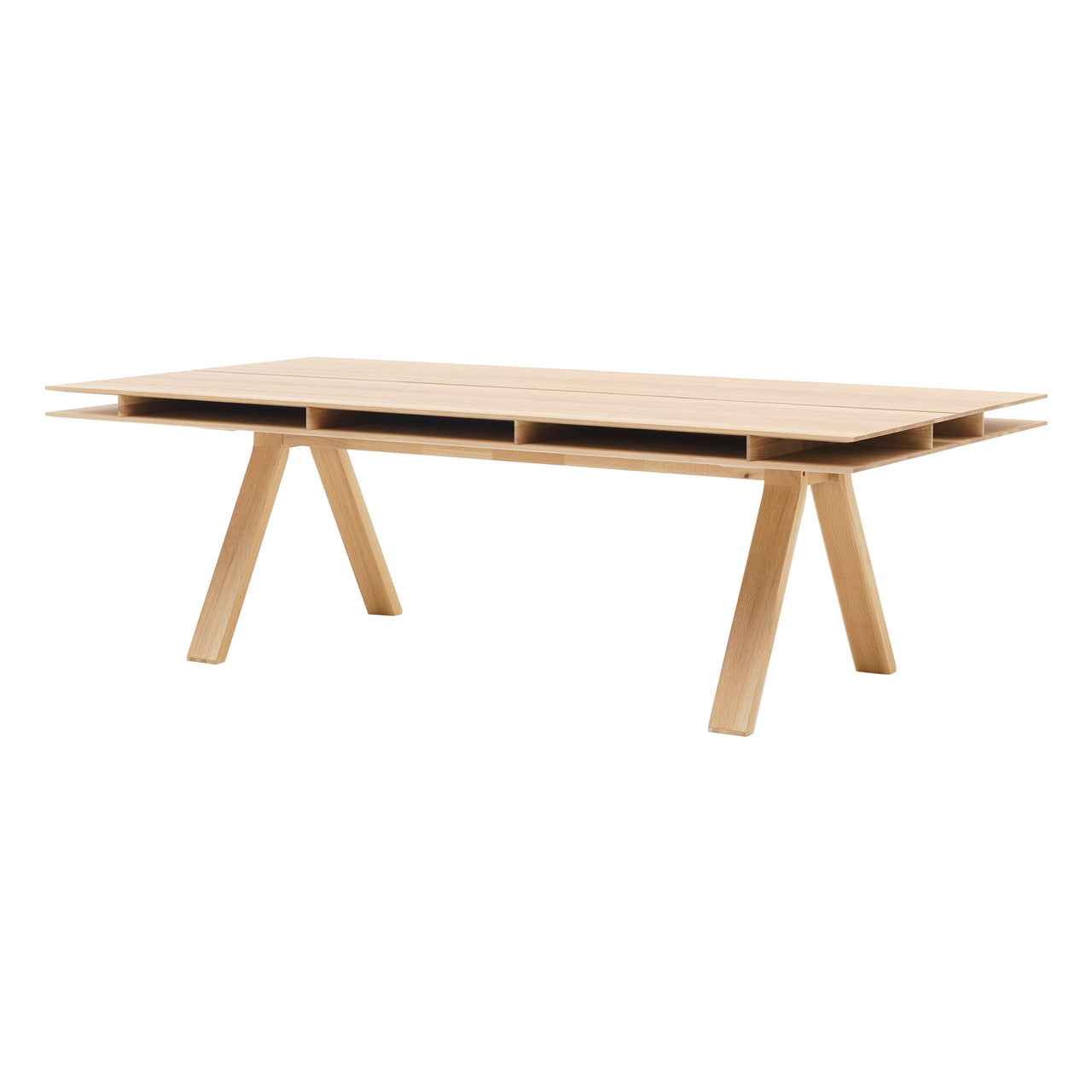
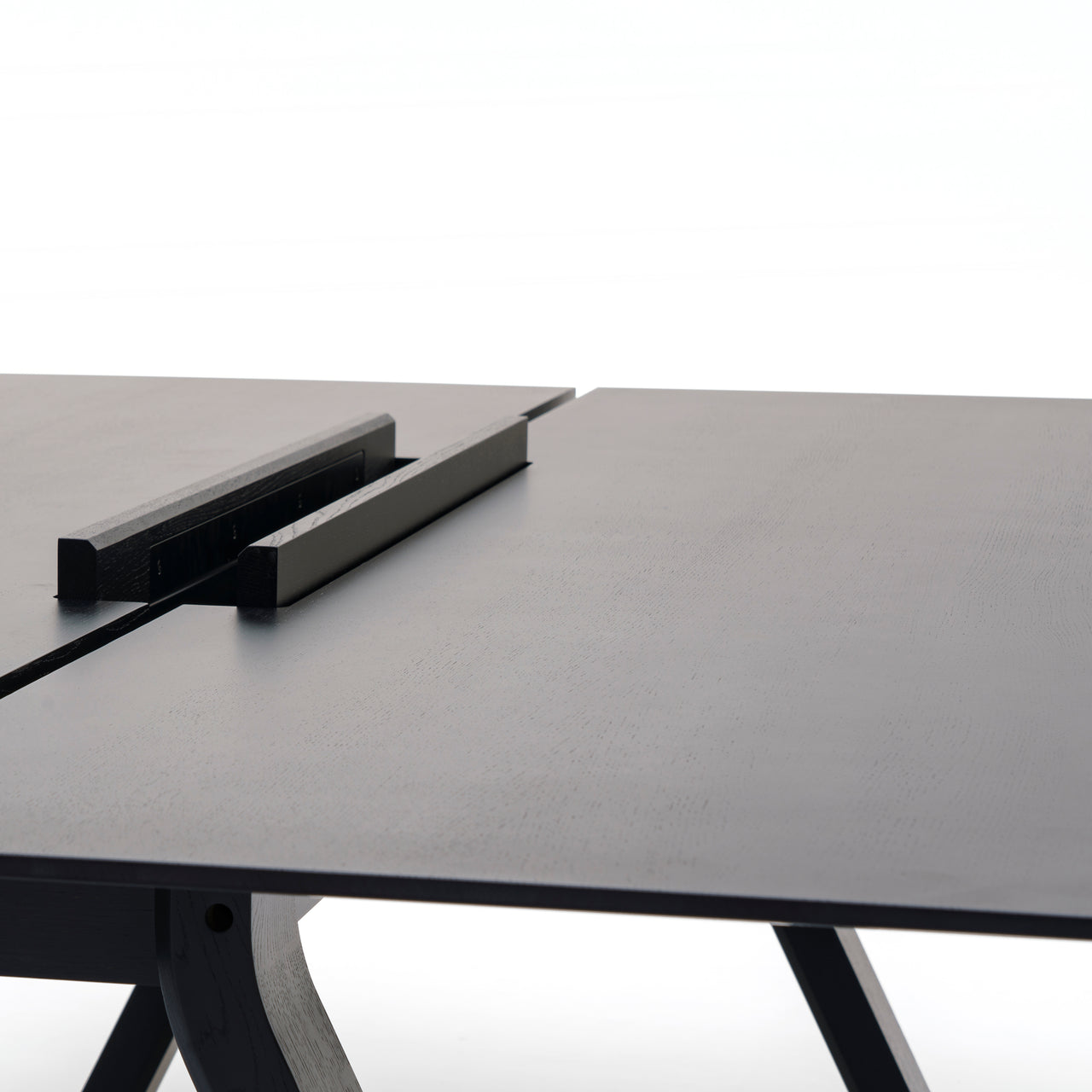
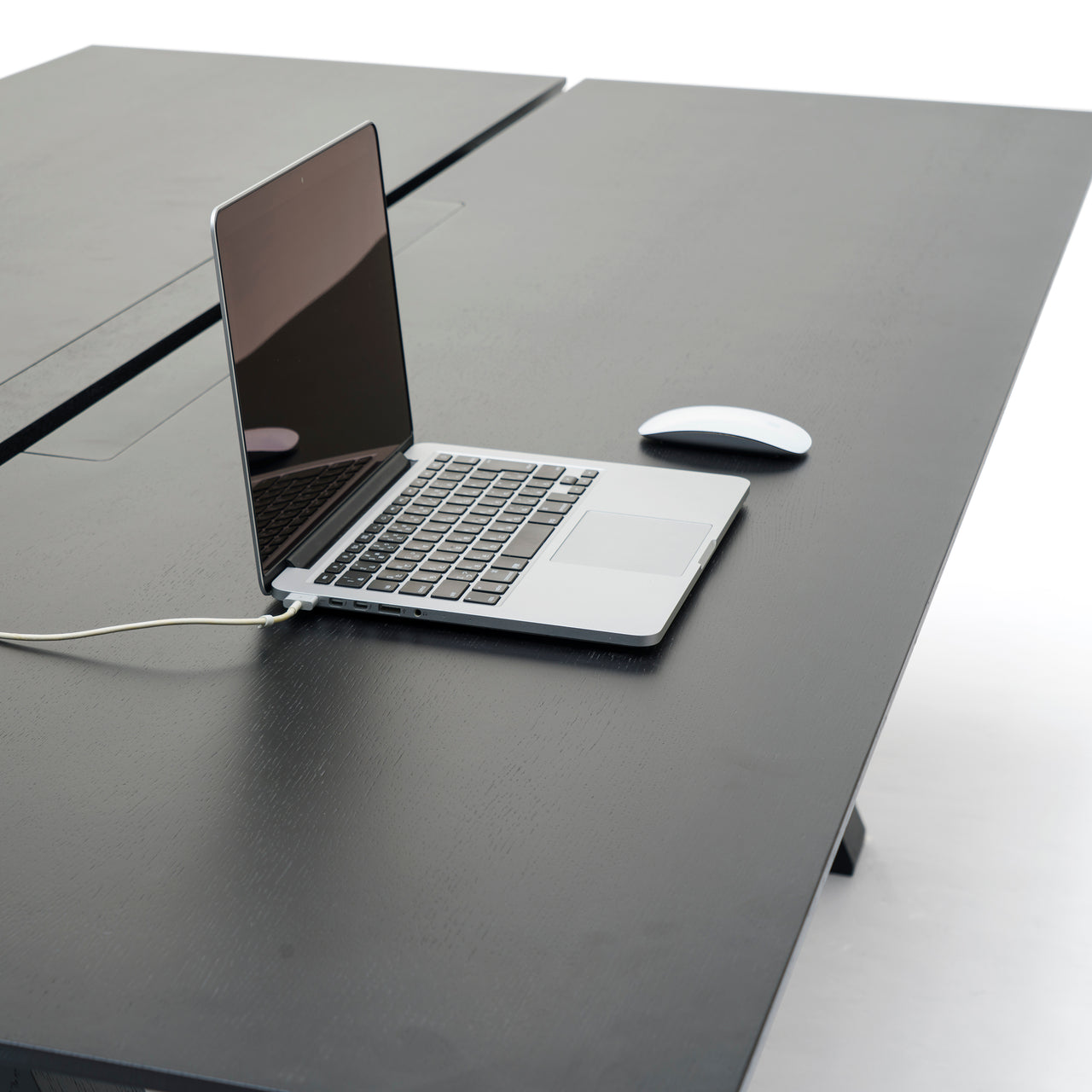
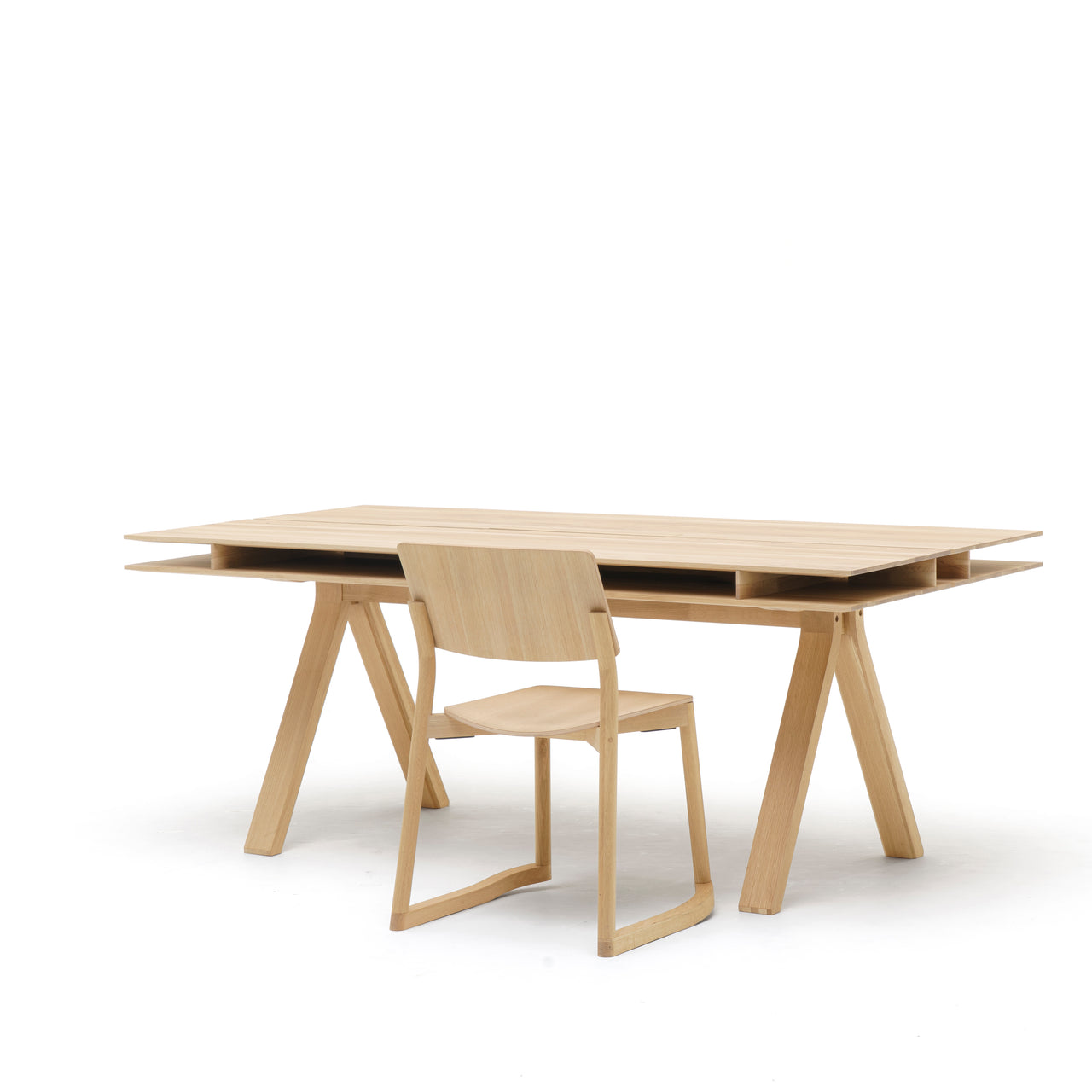
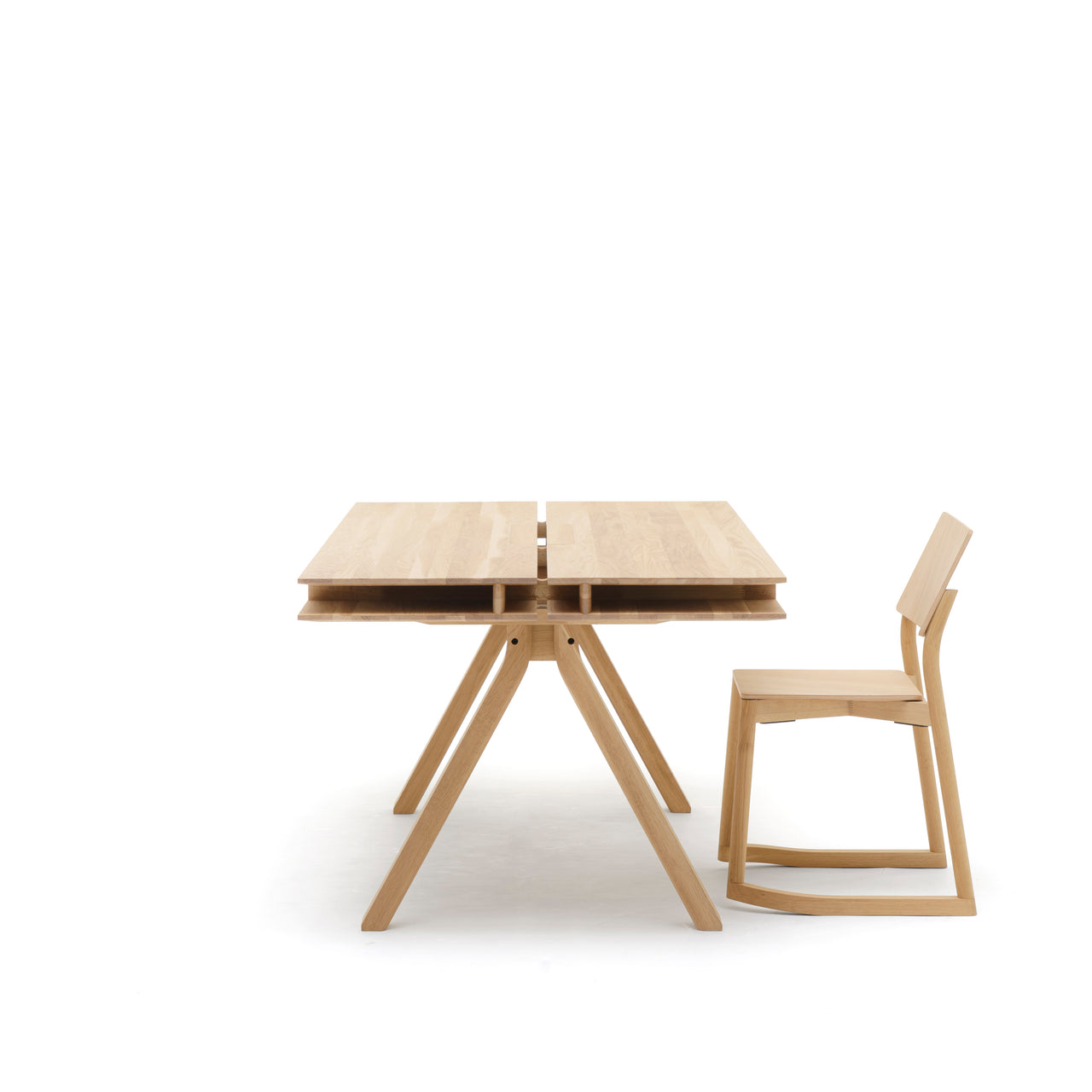
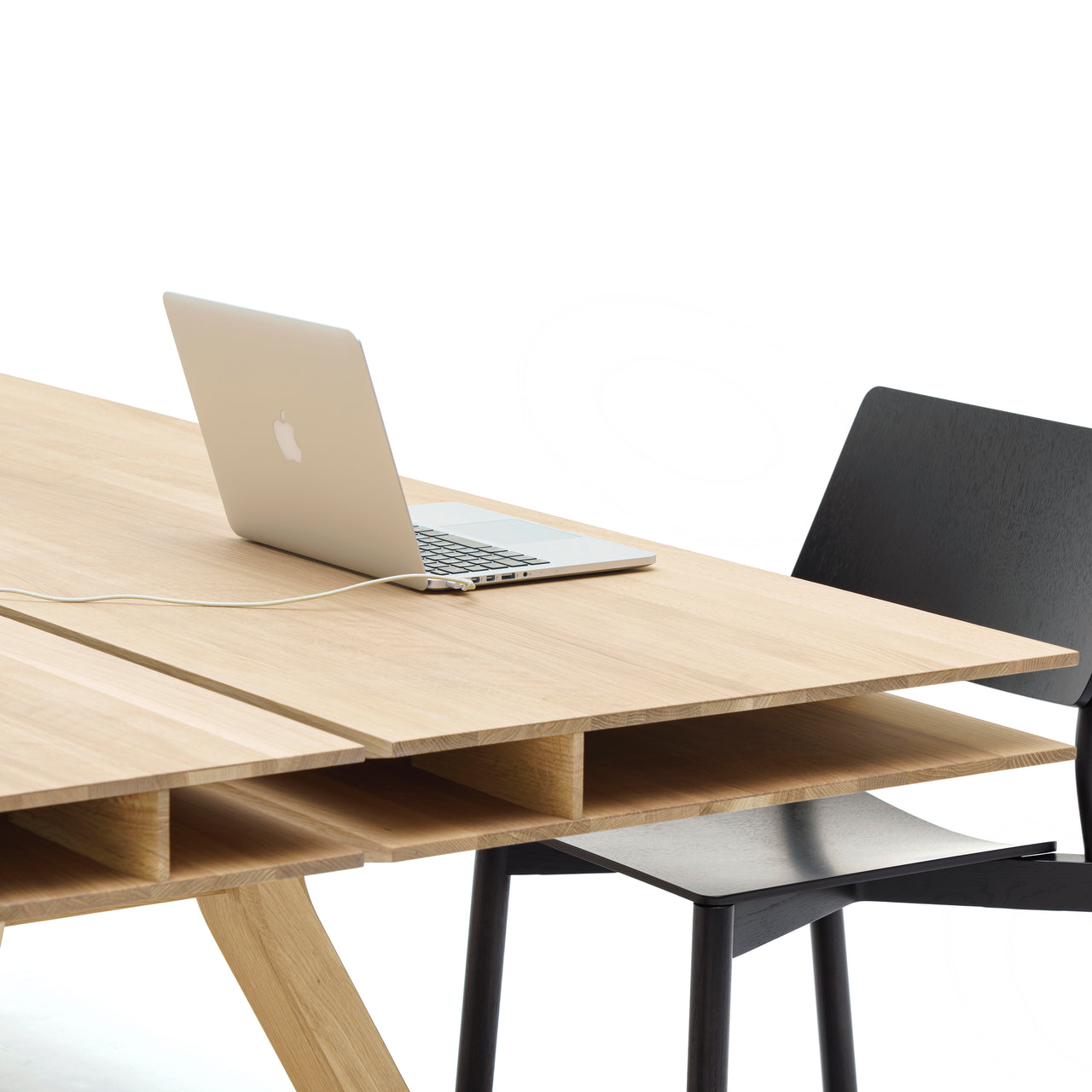
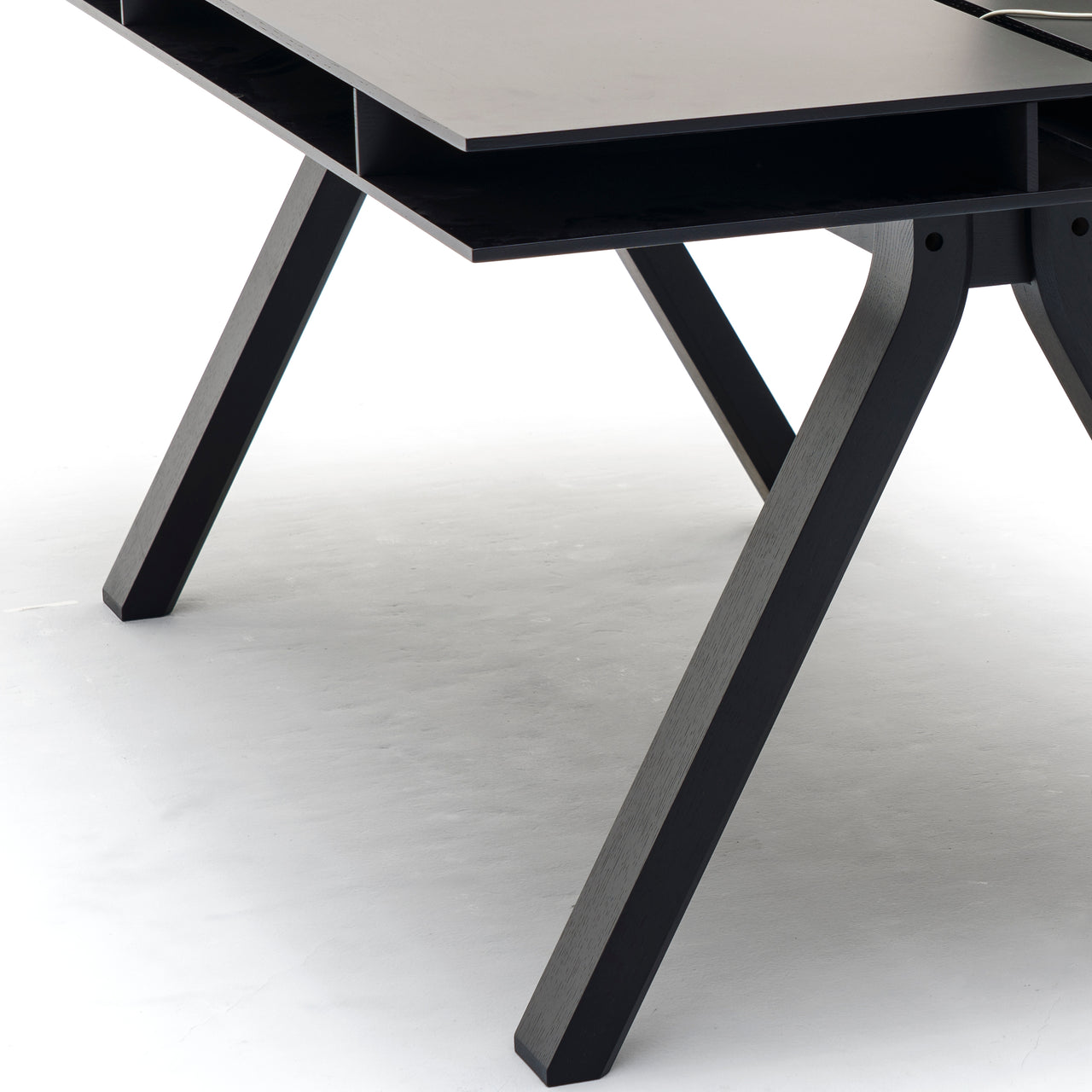

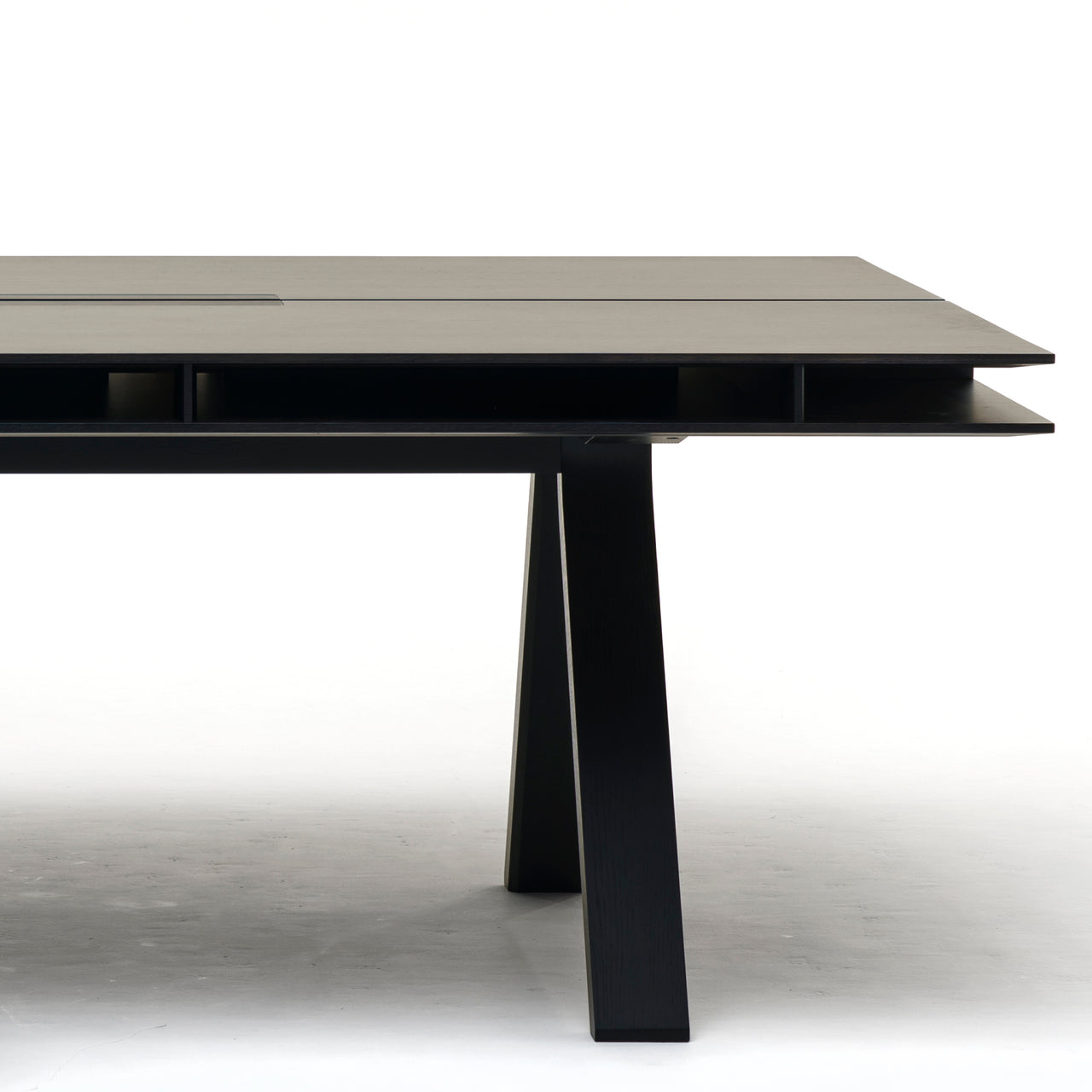
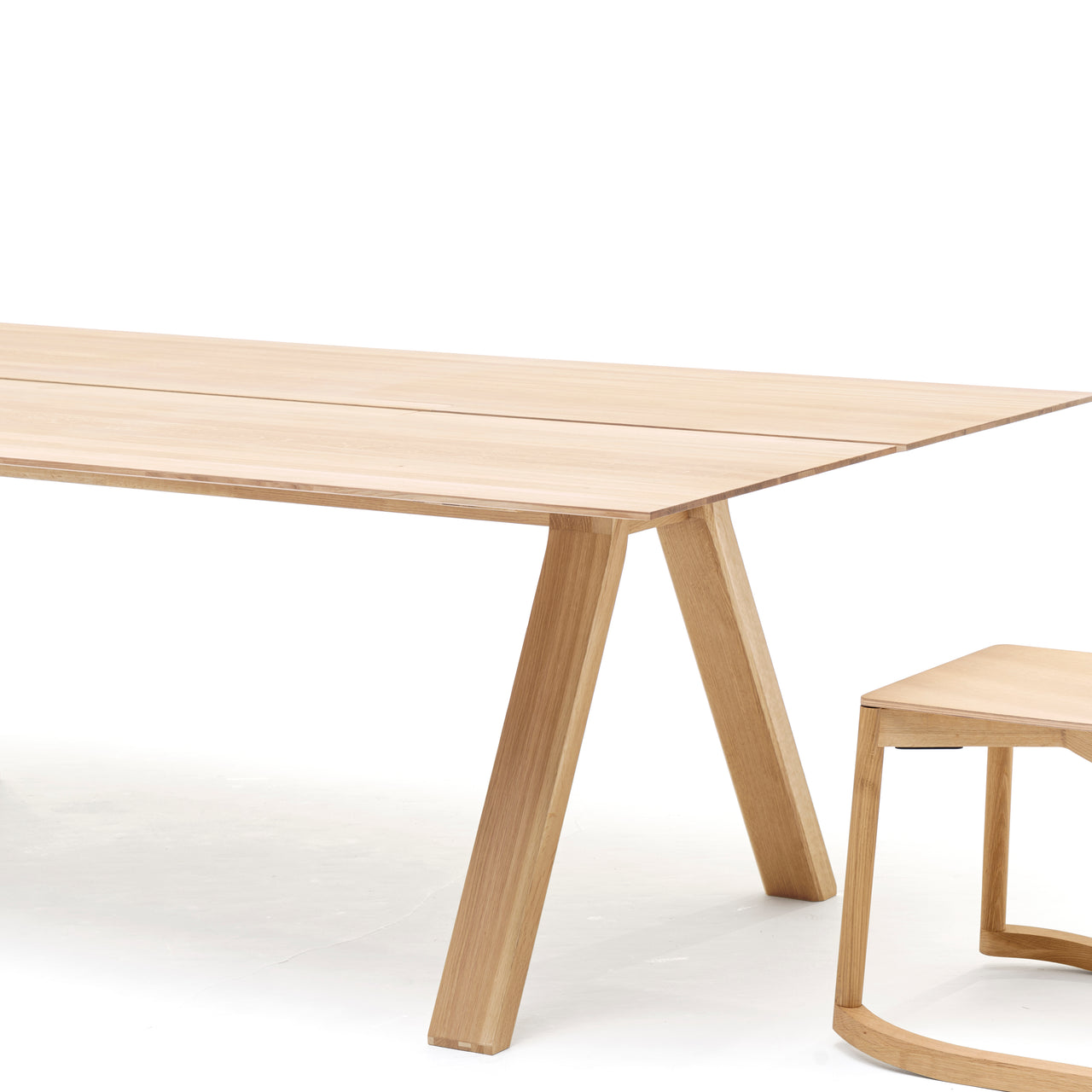
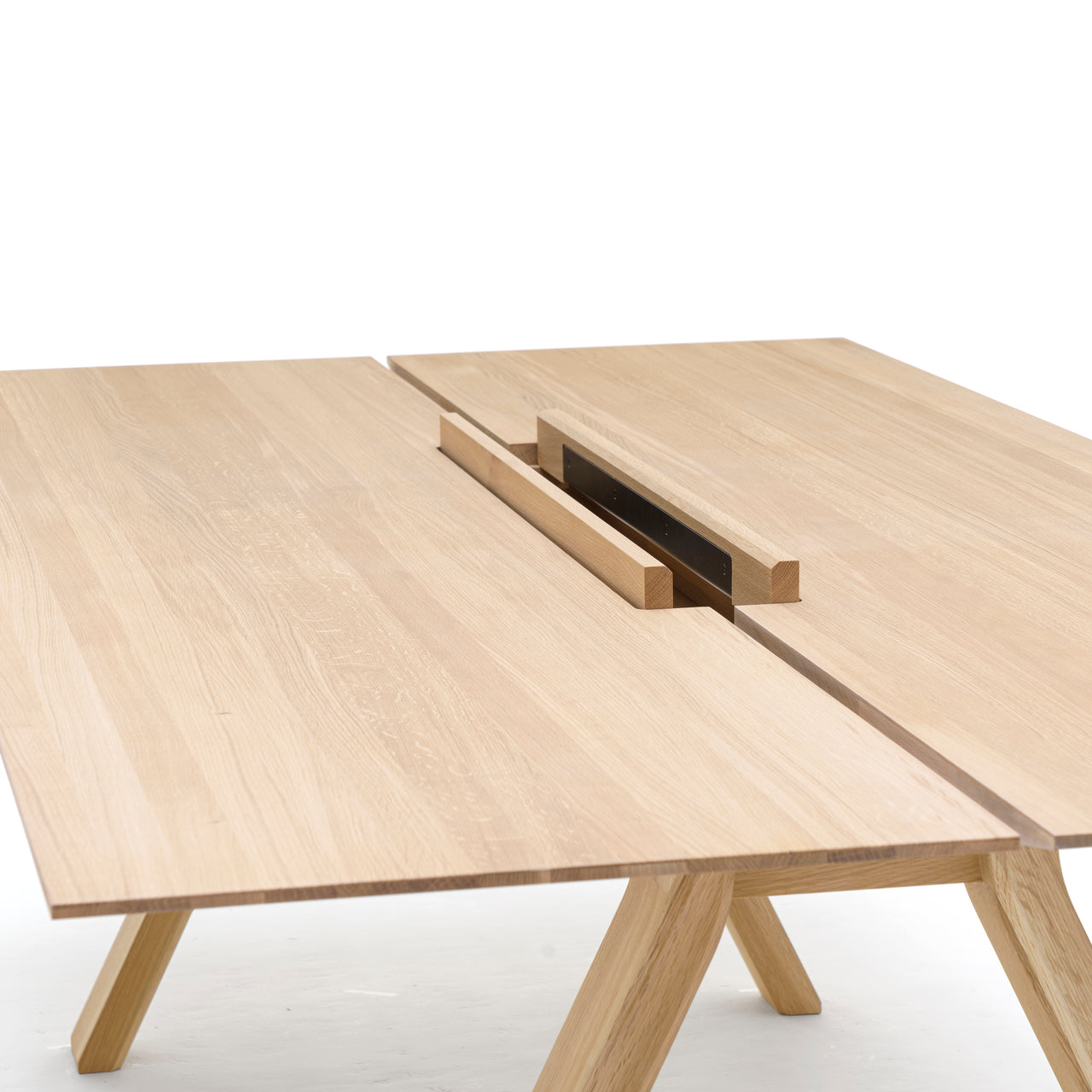
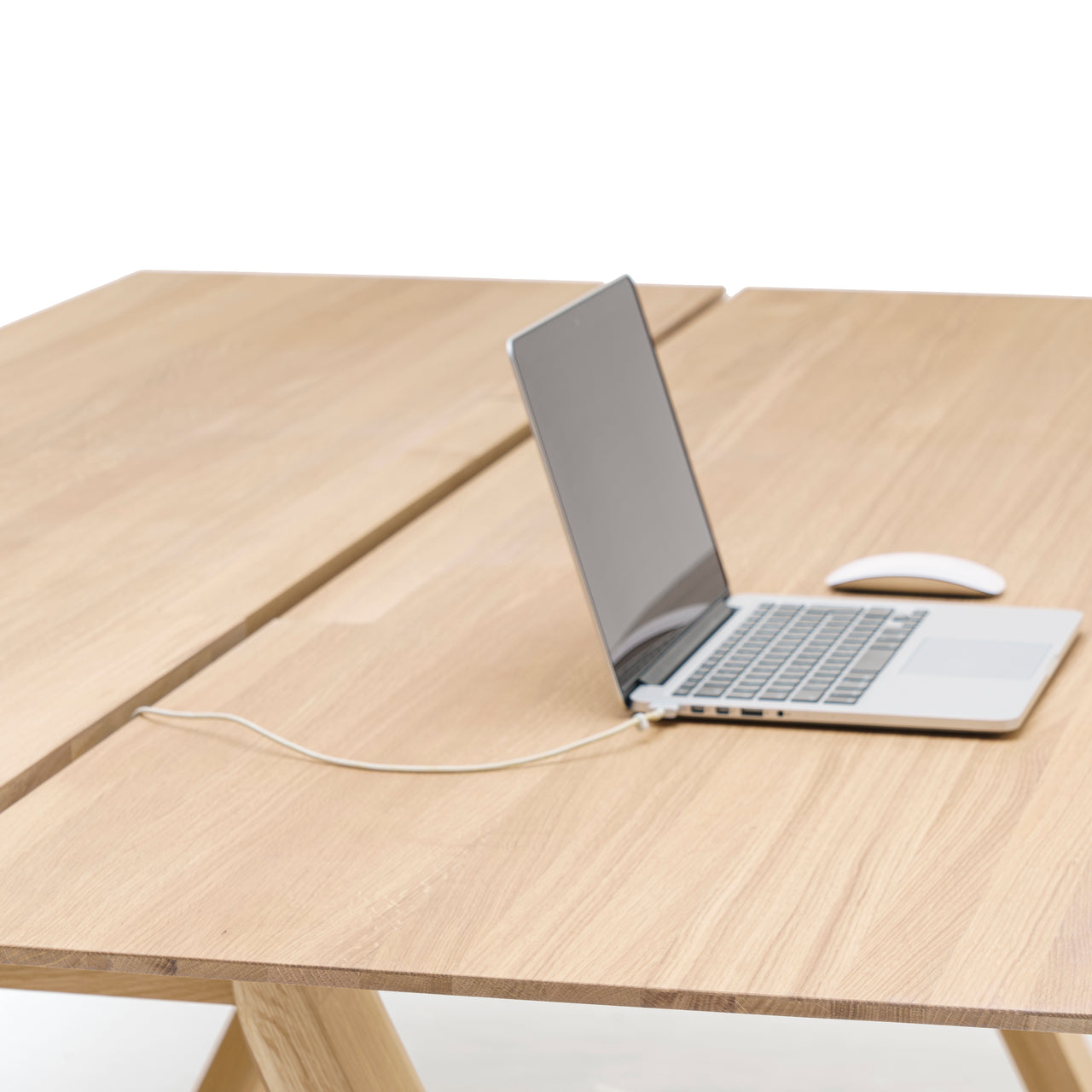
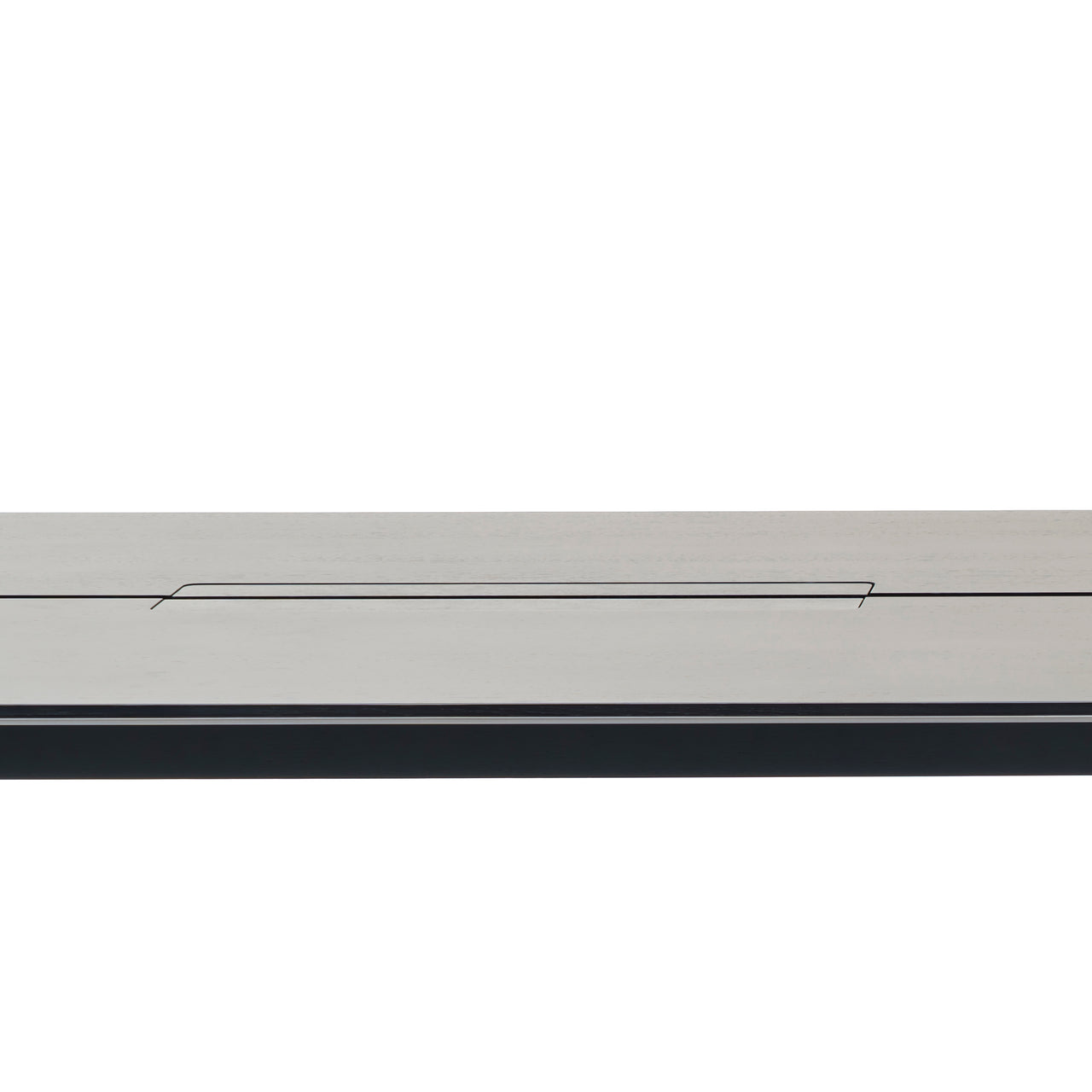

Karimoku New Standard × Geckeler Michels
Spectrum Workstation
$4,135
–
$7,645
$4,135
–
$7,645
$4,135
–
$7,645
$4,135
–
$7,645
$4,135
–
$7,645
$4,135
–
$7,645
$4,135
–
$7,645
$4,135
–
$7,645
$4,135
–
$7,645
$4,135
–
$7,645
$4,135
–
$7,645
$4,135
–
$7,645
$4,135
–
$7,645
$4,135
–
$7,645
$4,135
–
$7,645
$4,135
–
$7,645
$4,135
–
$7,645
$4,135
–
$7,645
$4,135
–
$7,645
$4,135
SKU: KNS-D345BAM197
$4,135
SKU: KNS-D345BAE197
$5,900
SKU: KNS-D345BAM247
$5,900
SKU: KNS-D345BAE247
$5,745
SKU: KNS-D345AAM197
$5,745
SKU: KNS-D345AAE197
$7,645
SKU: KNS-D345AAM247
$7,645
SKU: KNS-D345AAE247
Description
With a minimalist Japanese influence and an efficient workaday concept, Berlin designers Geckeler Michels contrive Spectrum Workstation, with a distinctive double tabletop and storage compartments around the sides to keep clutter at bay. An easy-to-access cable tunnel allows quick connection of electronic devices and the table is fashioned in sustainably sourced Japanese oak wood in a choice of 2 sizes and either a black and a natural finish.
Specifications
Size
- Small: 29.3" h x 74.8" w x 37.4" d (74.5x190x95cm)
- Large: 29.3" h x 94.5" w x 47.2" d (74.5x240x120cm)
Material
Oak
Brand
Karimoku New Standard
It has always been about the wood. Shohei Kato opened a small woodworking shop in 1940 from a longstanding timber firm he acquired in Kariya. The first letters of the town name combined with “moku,” as in “mokuzai” ( “wood”) provided the brand name. Furniture followed within 2 decades, along with several brands under the Karimoku umbrella. Then in 2009, with his grandson Hiroshi Kato as vice president, the Karimoku New Standard branch launched to develop works with international designers in the modern design arena.
The star roster includes Swedish studio TAF, the Swiss team Big-Game and Dutch duo Scholten & Baijings. Among them is David Glaettli, who also serves as KNS brand creative director and dubbed its credo as “high-tech and high-touch.” The highly skilled Japanese carpentry and hand-applied painting that are a part of the parent company heritage are integral to KNS. It also looks forward, revitalizing native forests by targeting undervalued, sustainably grown hardwoods. Advanced technologies have elevated the low-diameter chestnut, maple and oak trees, once turned into wood chips for paper pulp, into something of lasting beauty. The aim, notes Hiroshi, is “furniture that will be used and loved for more than 100 years.”
